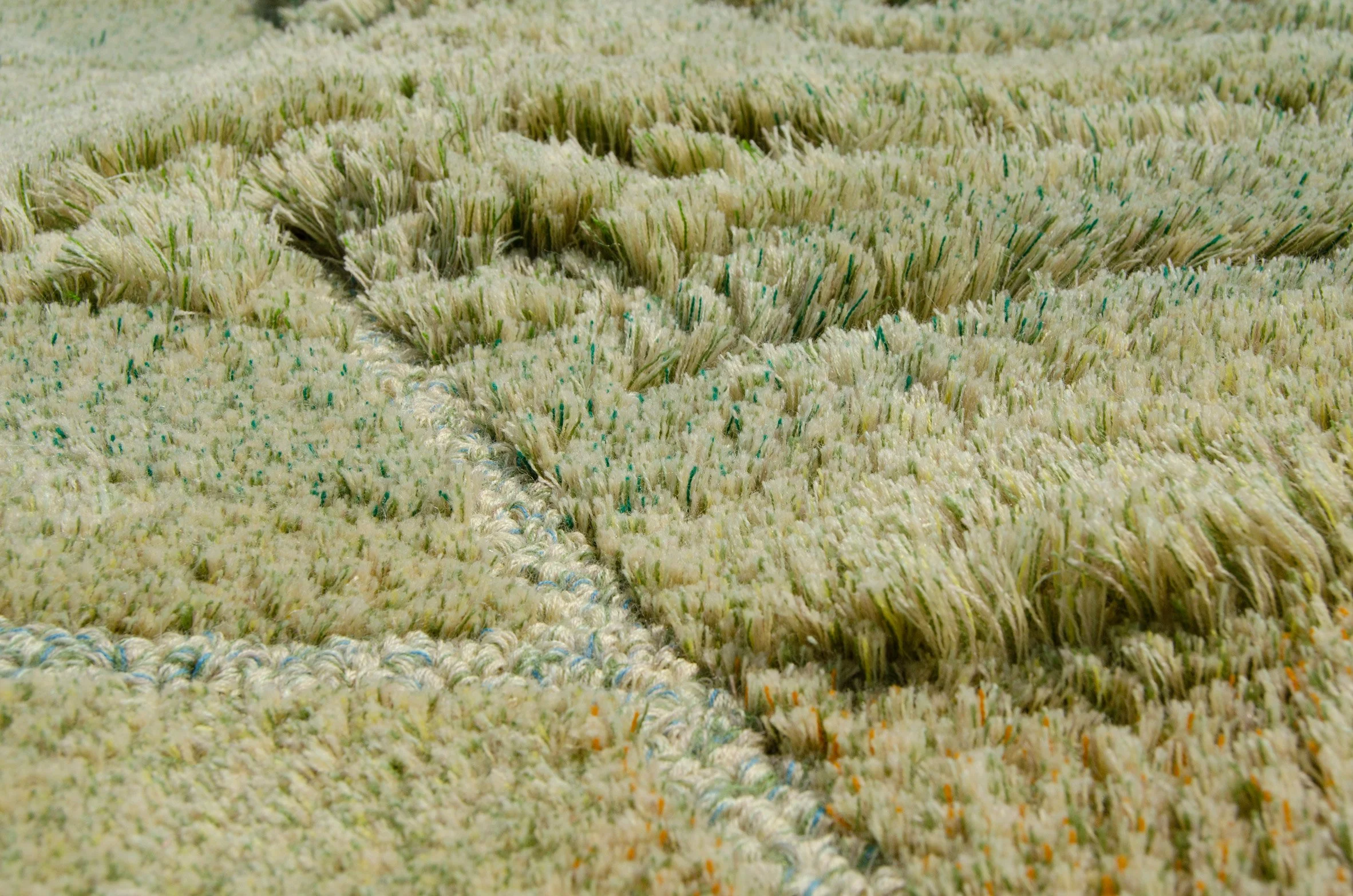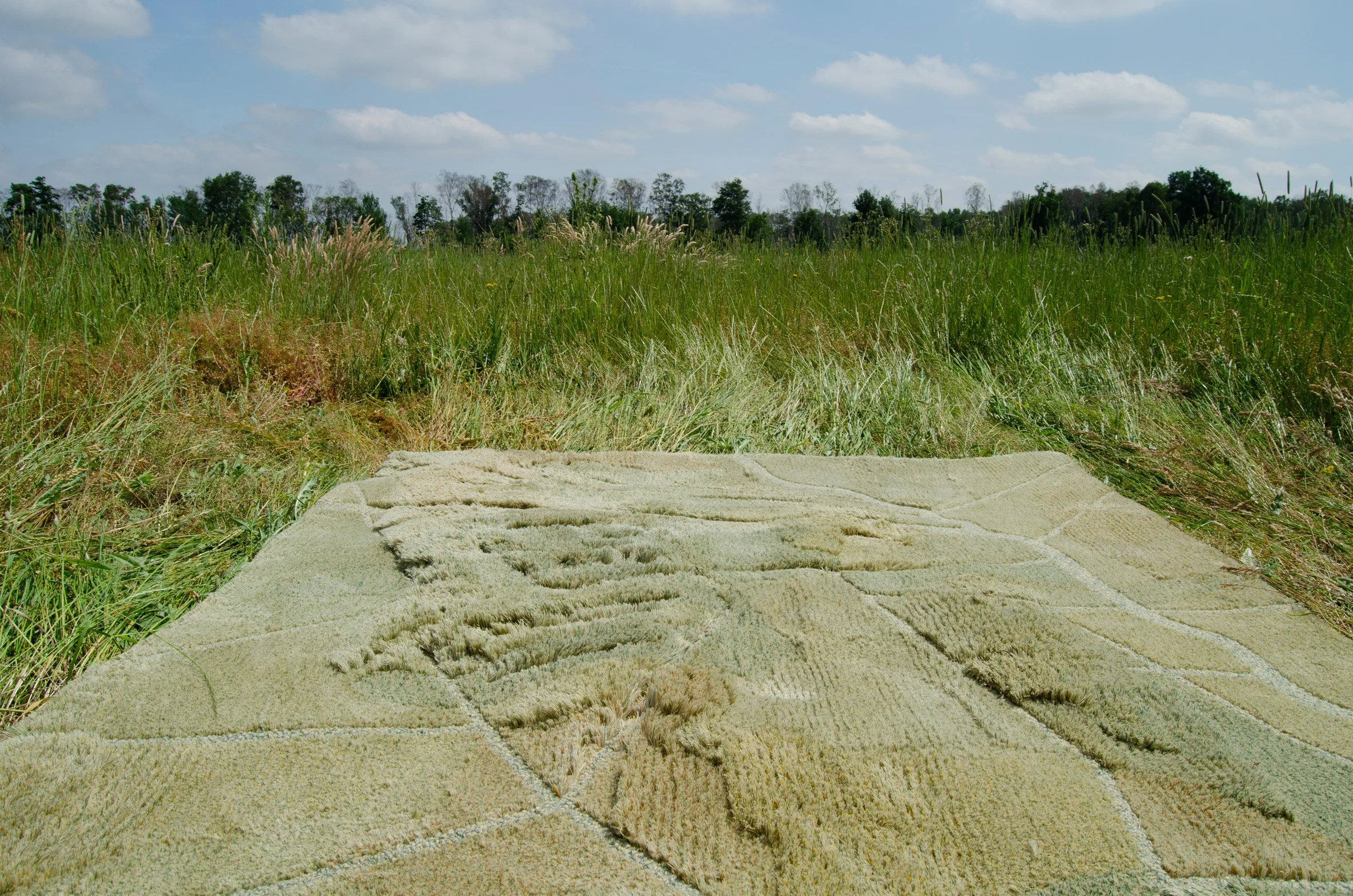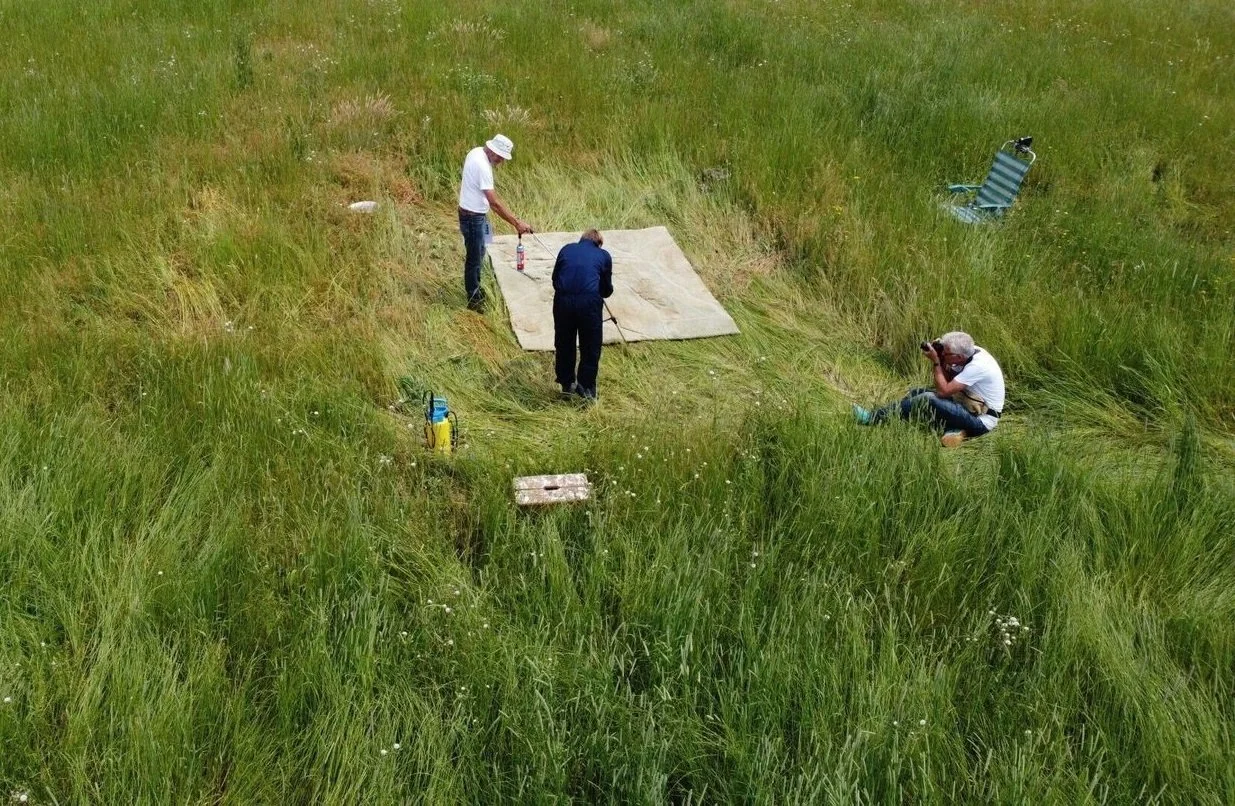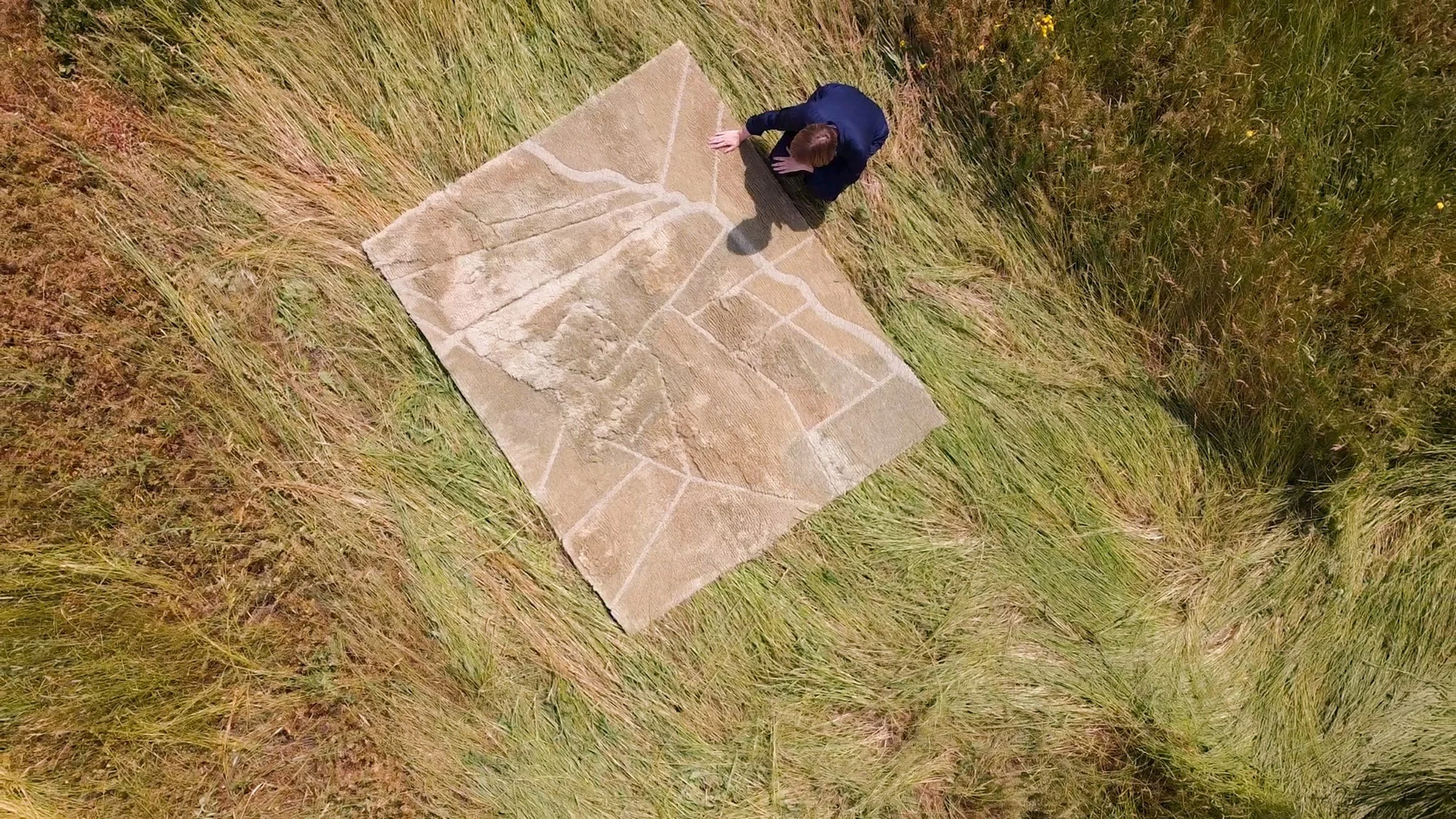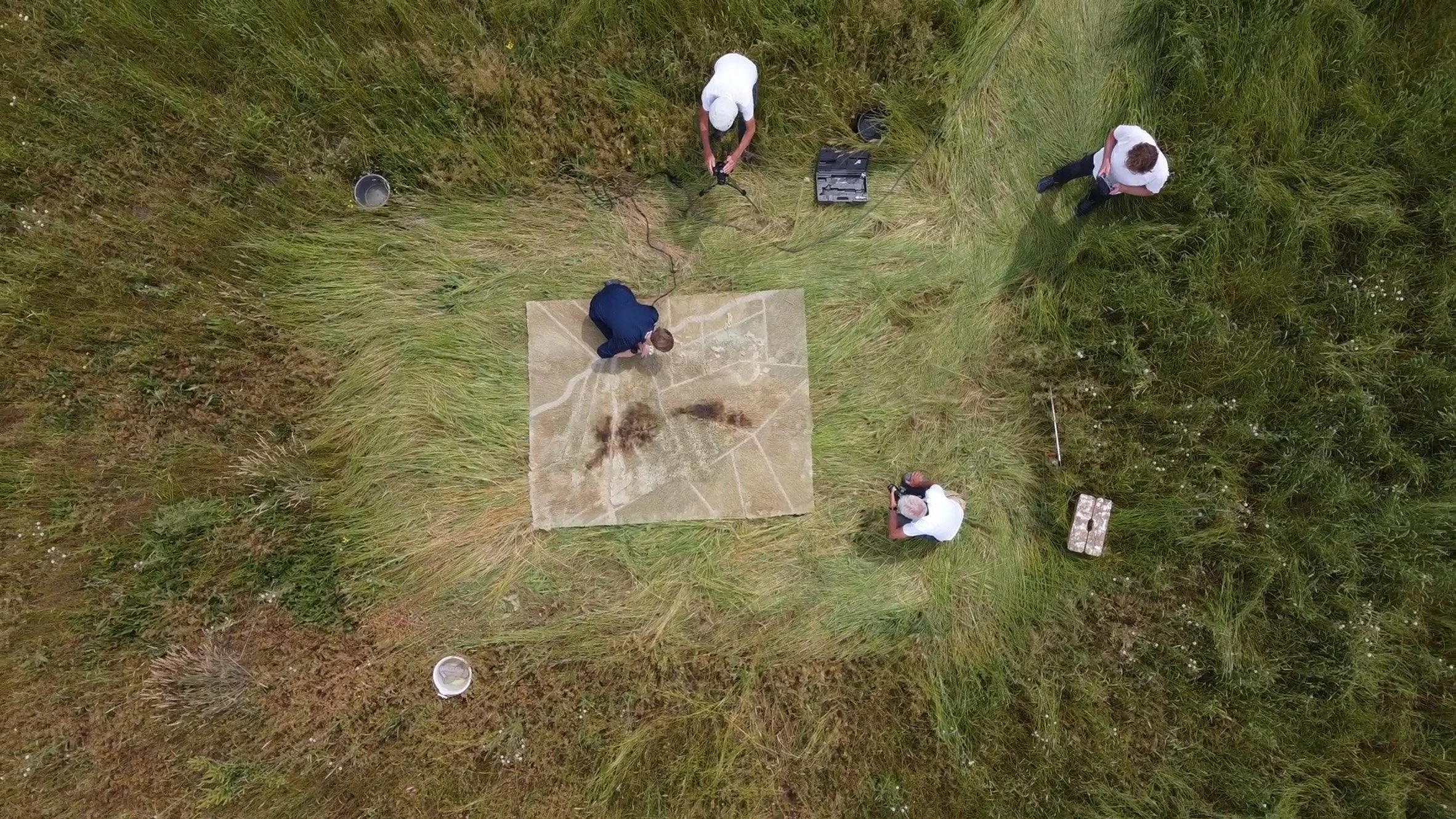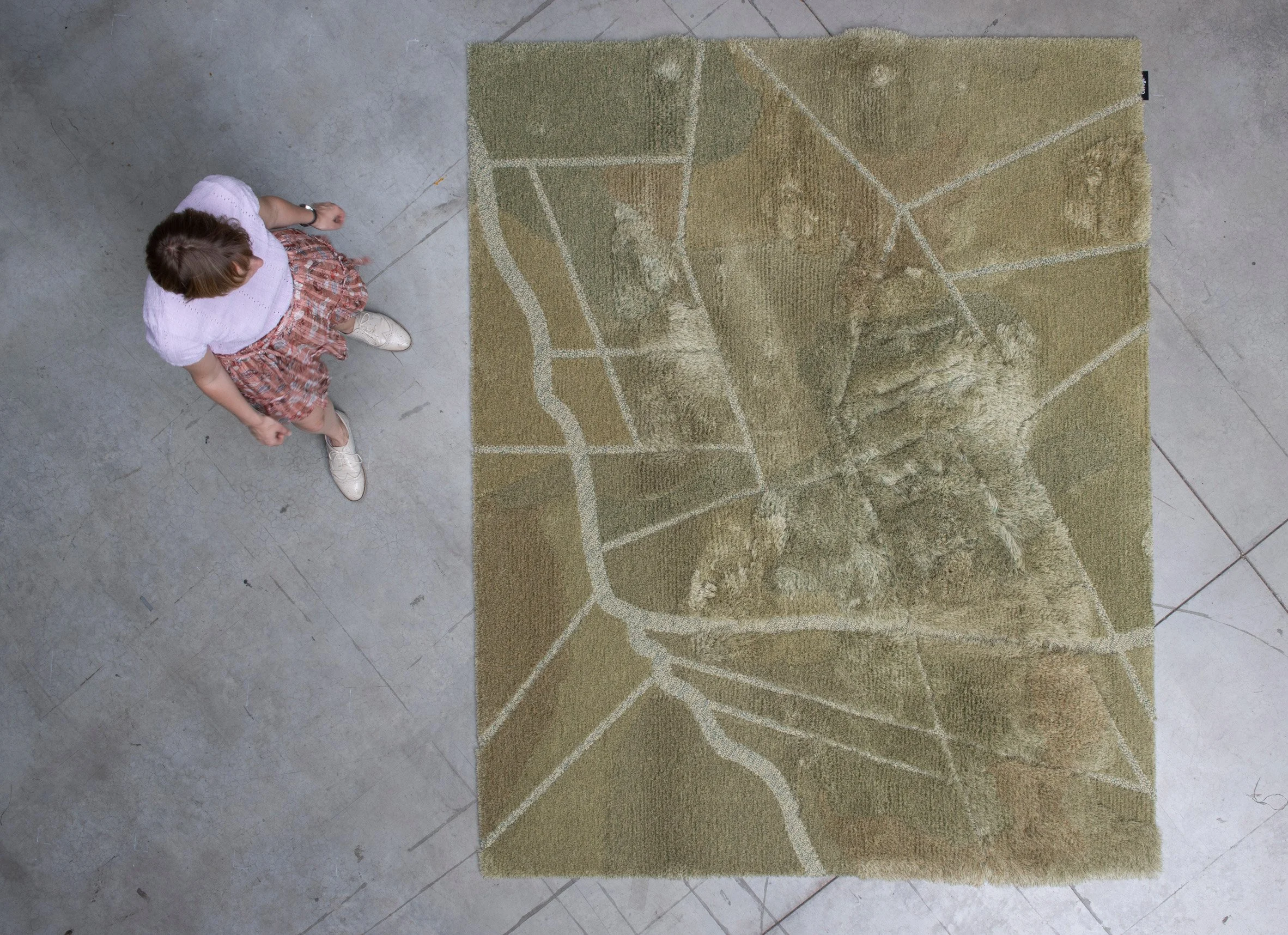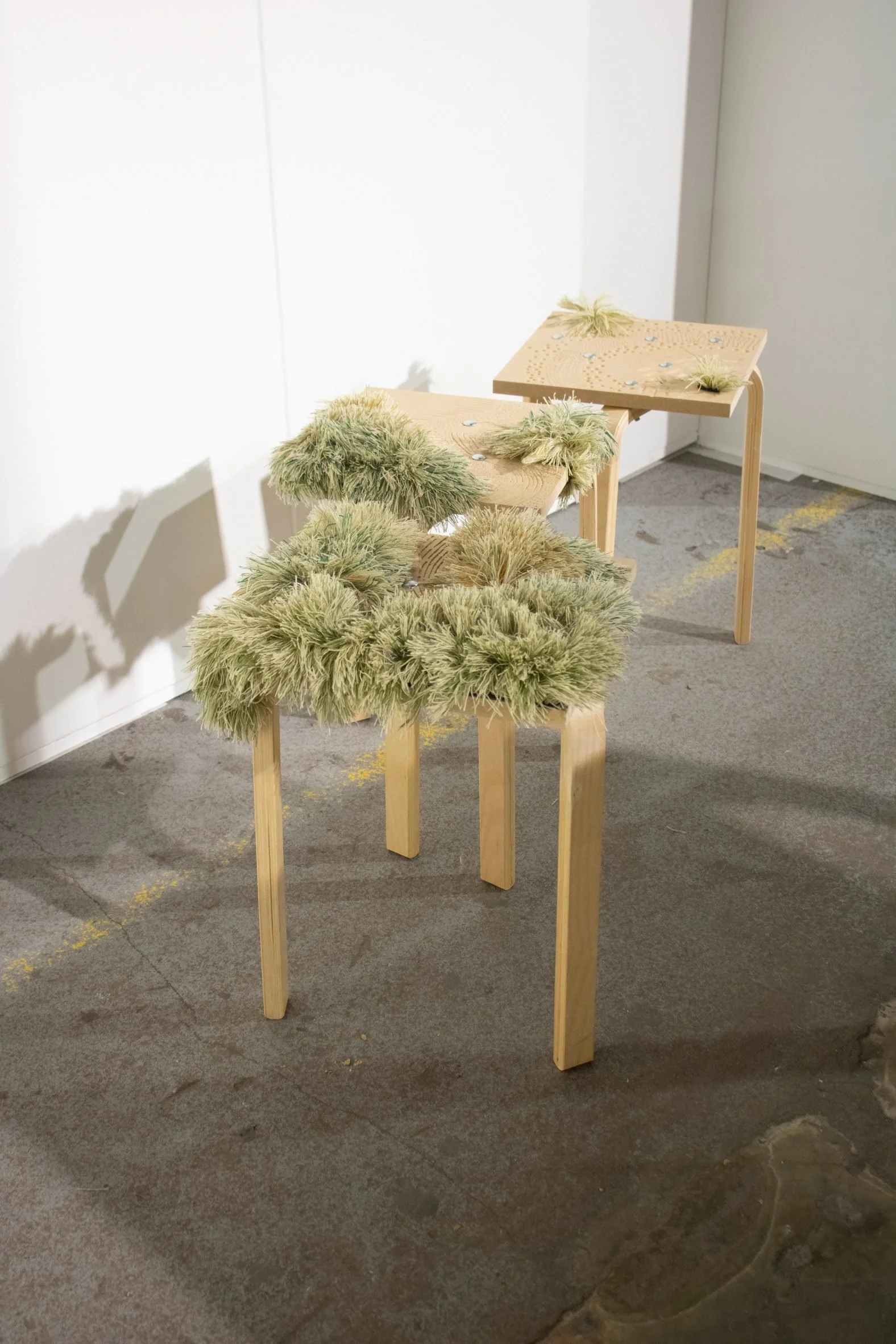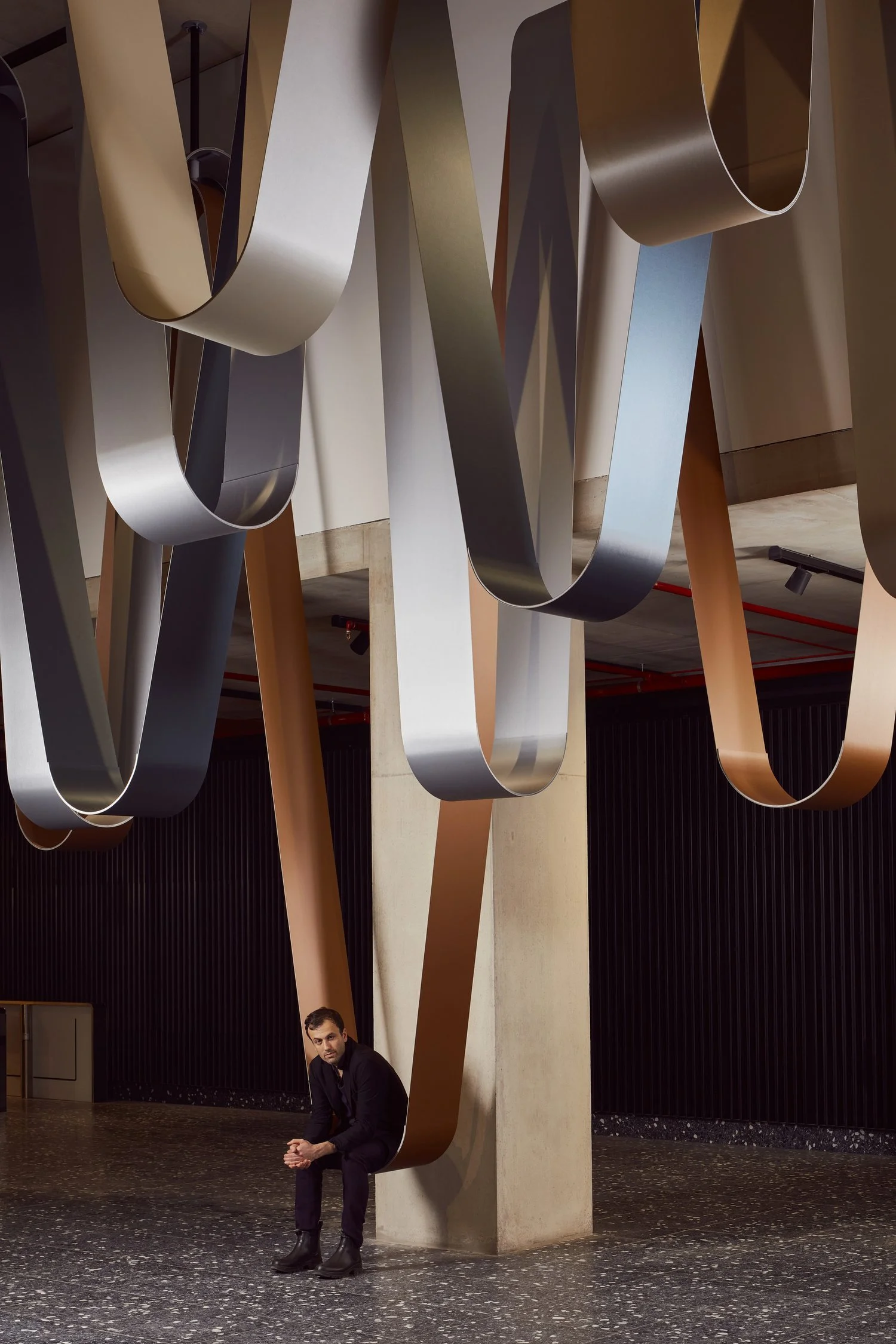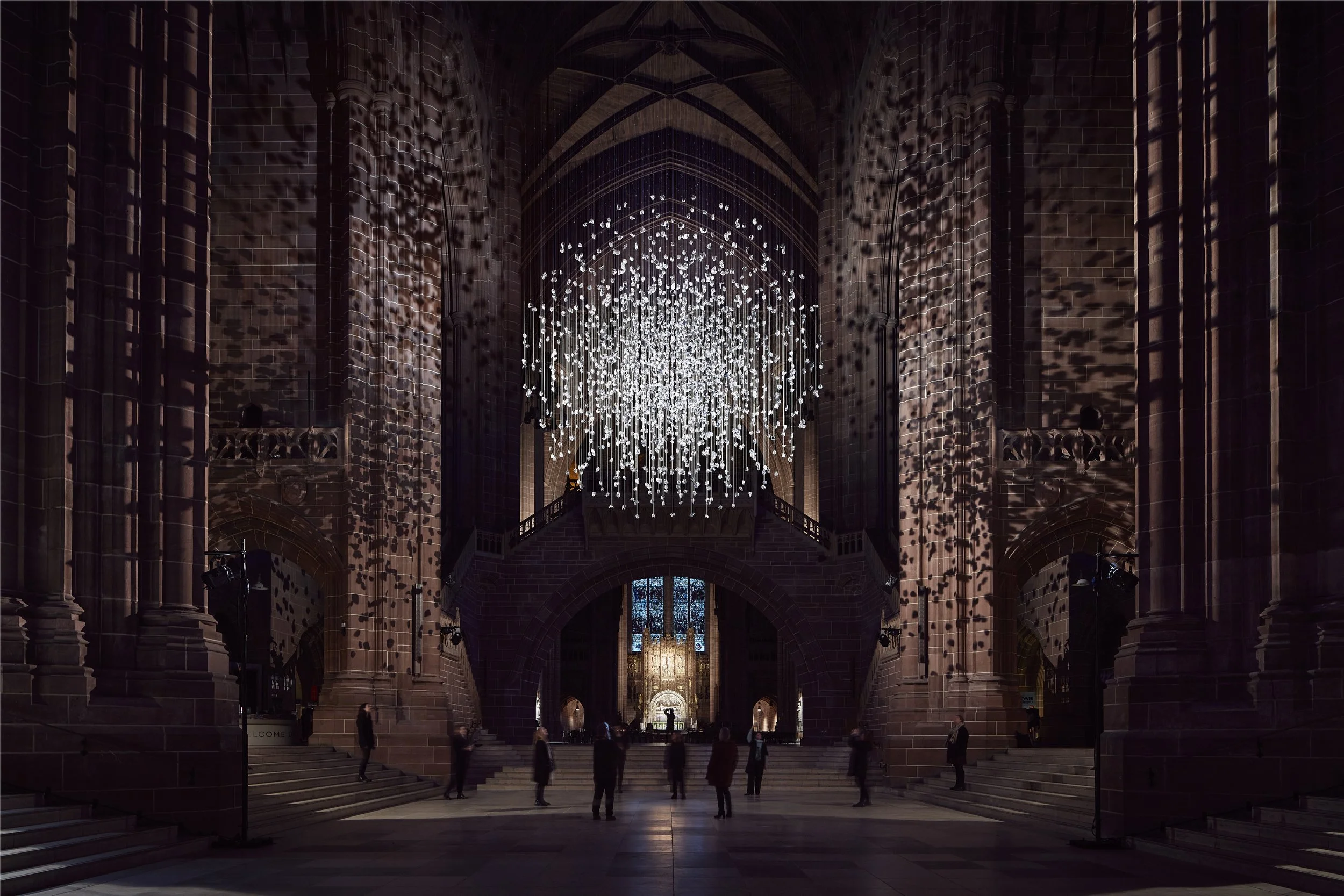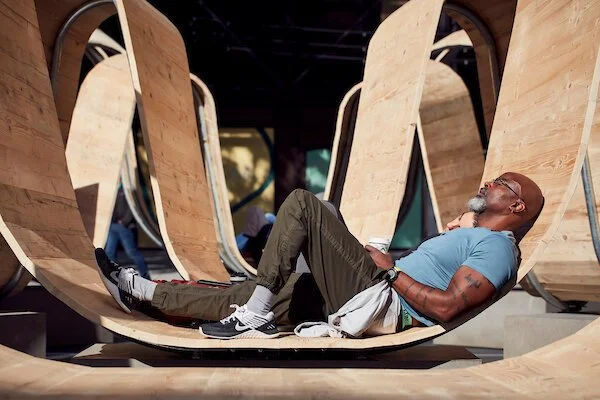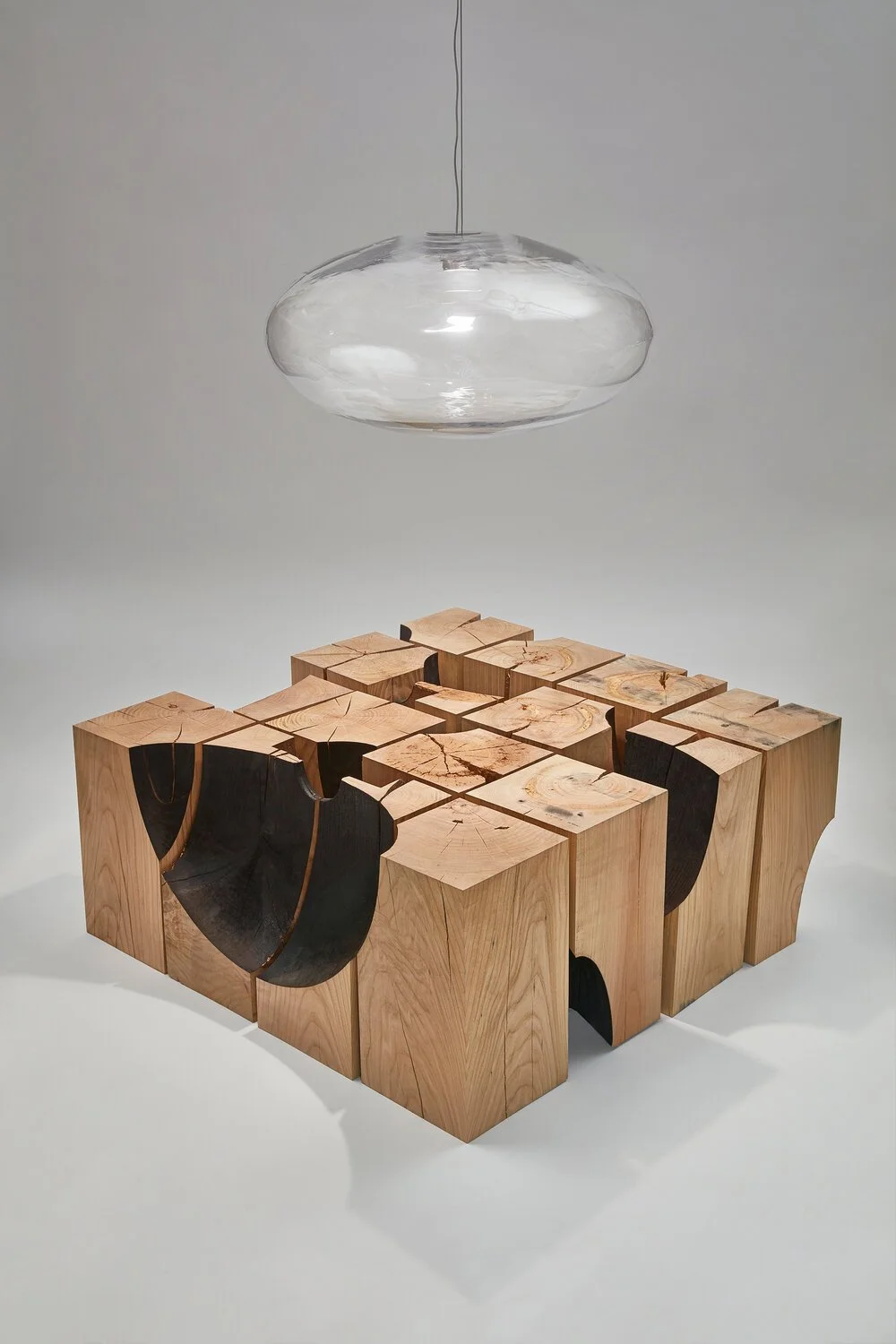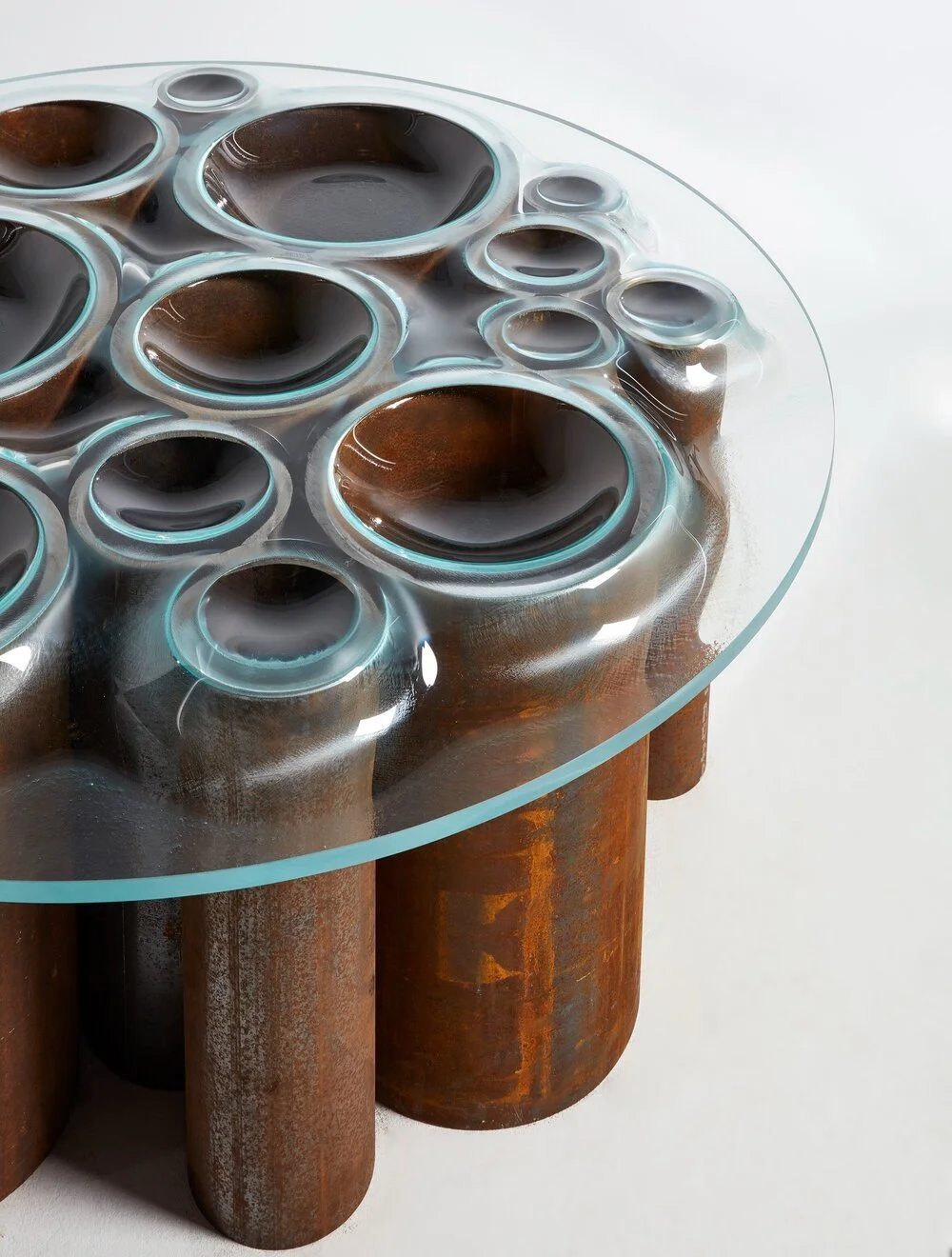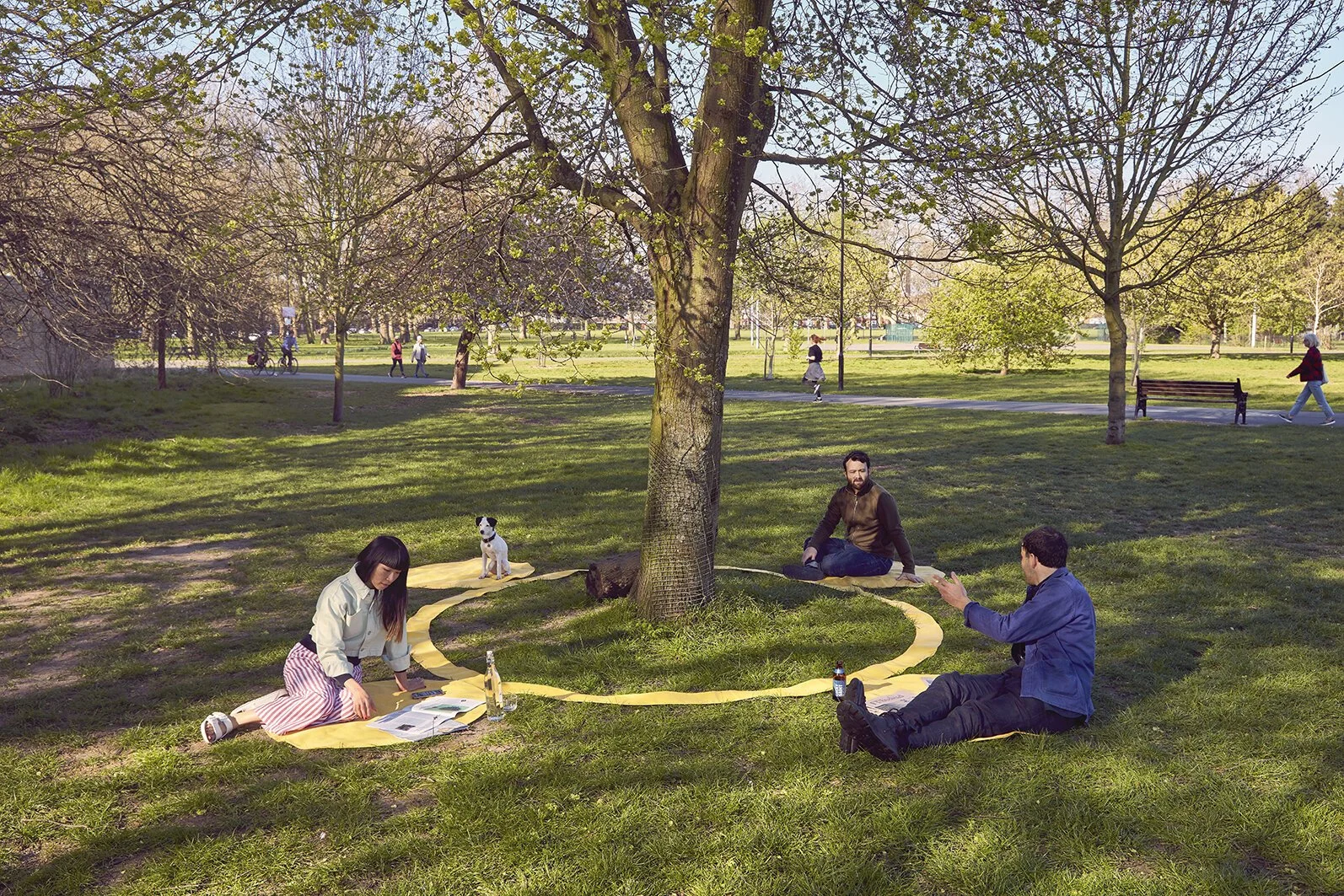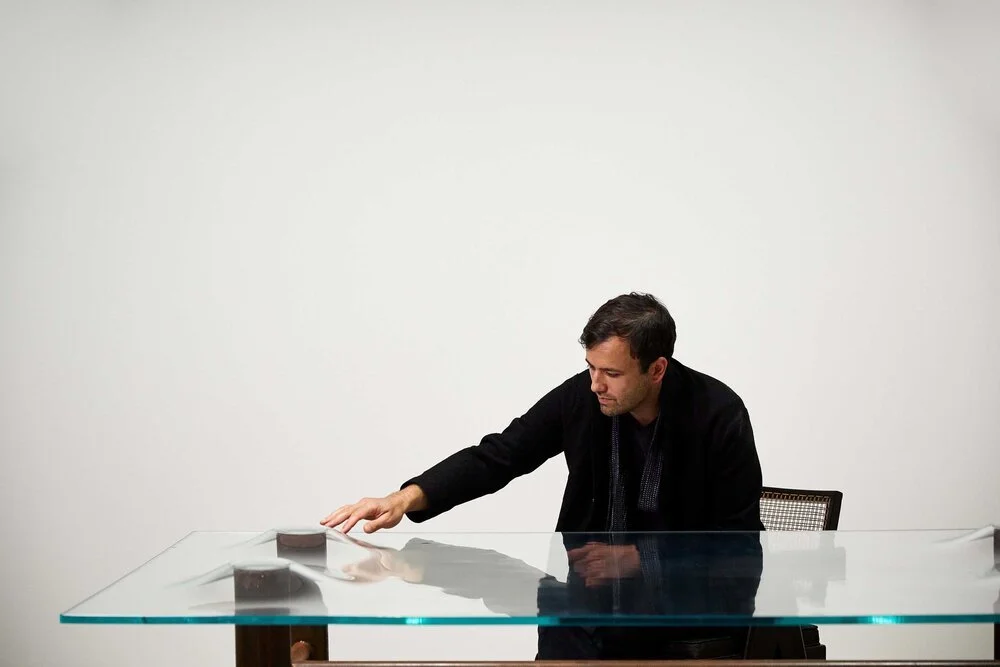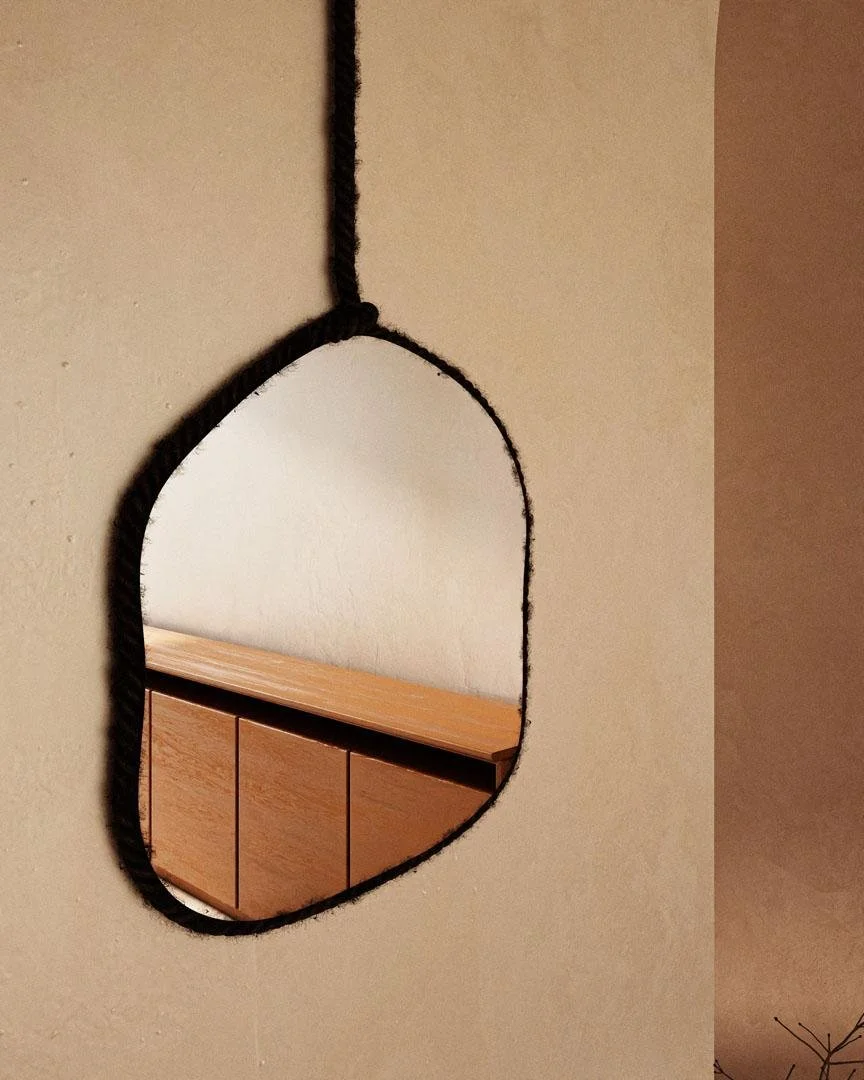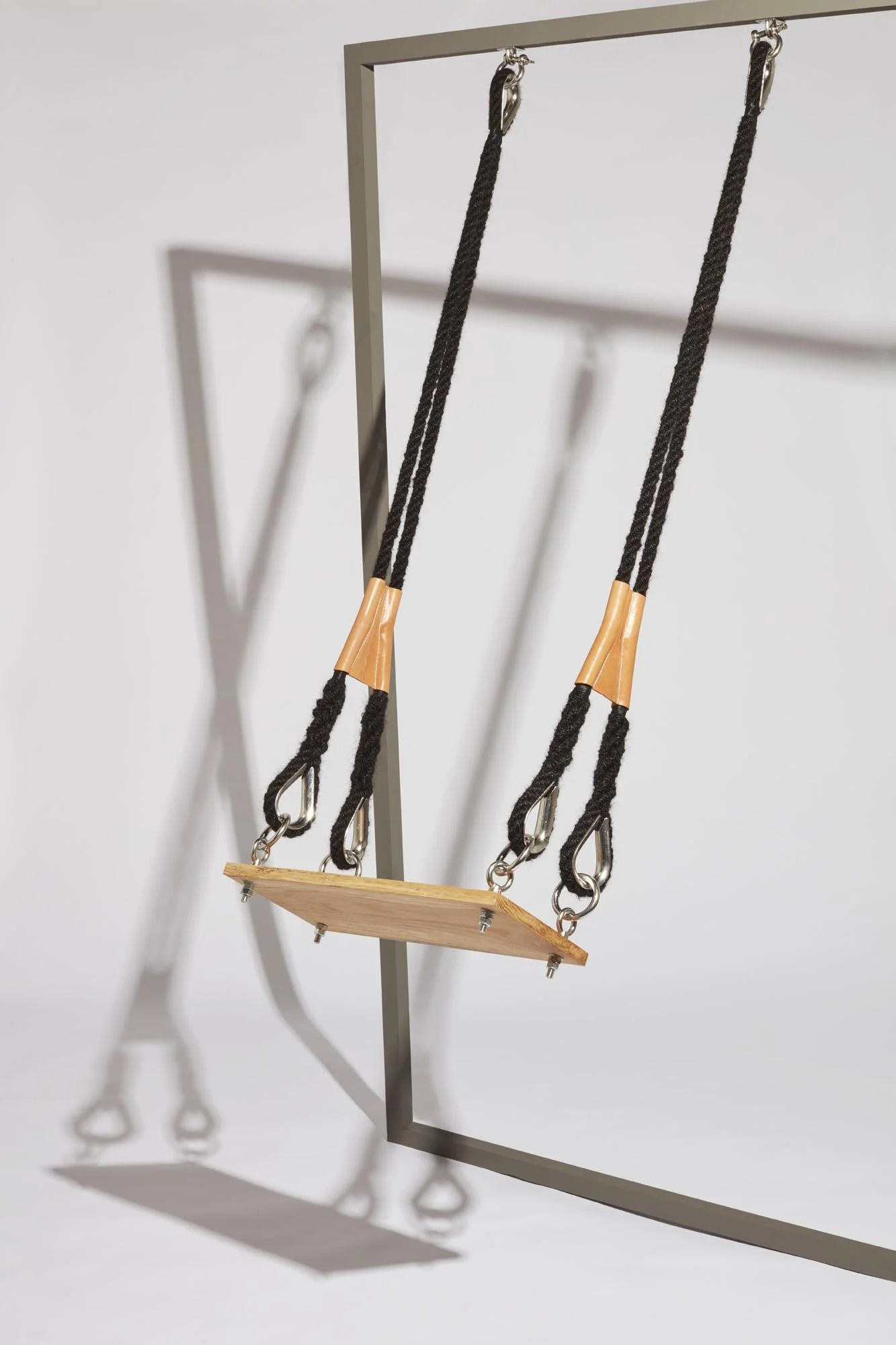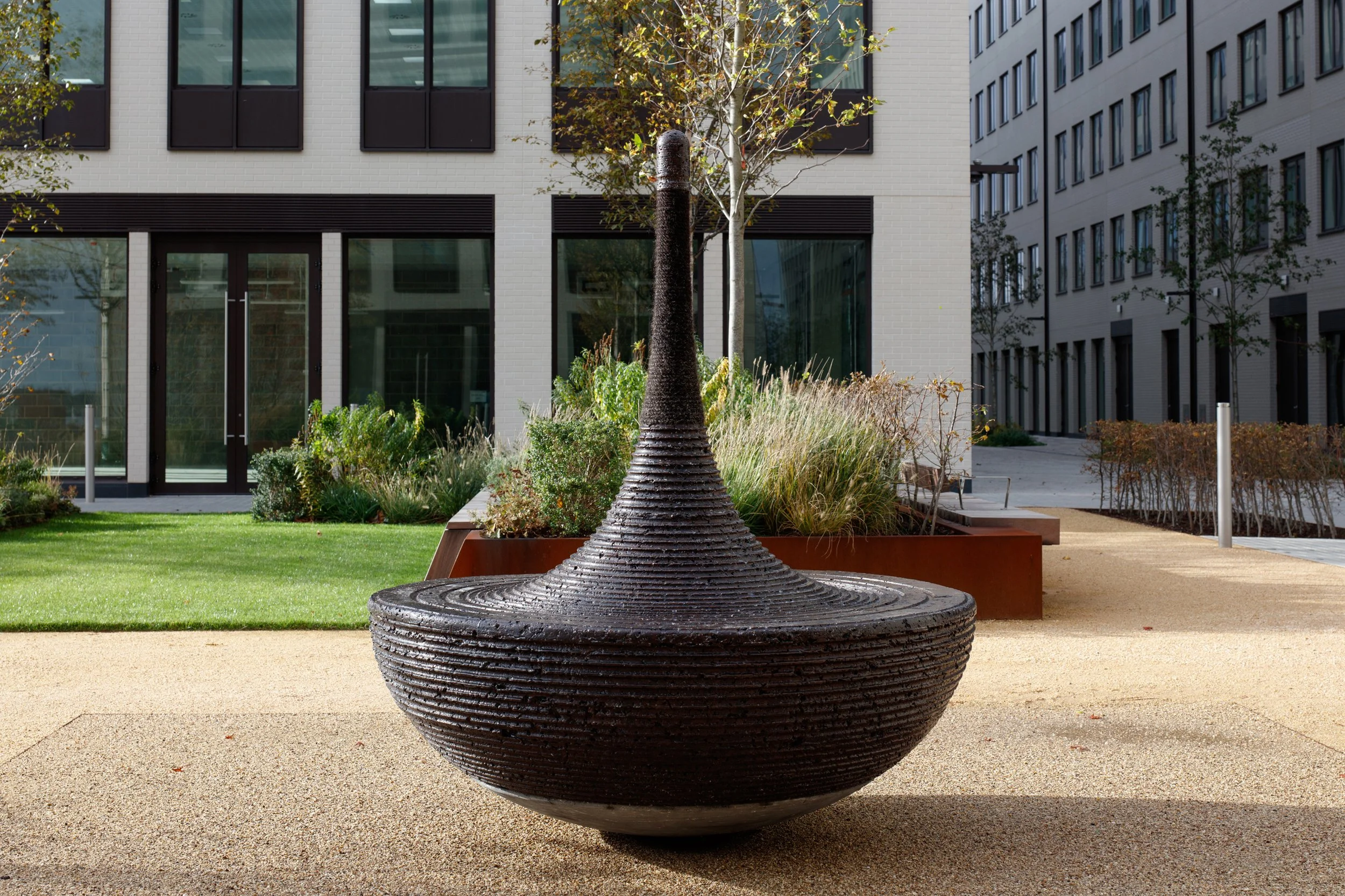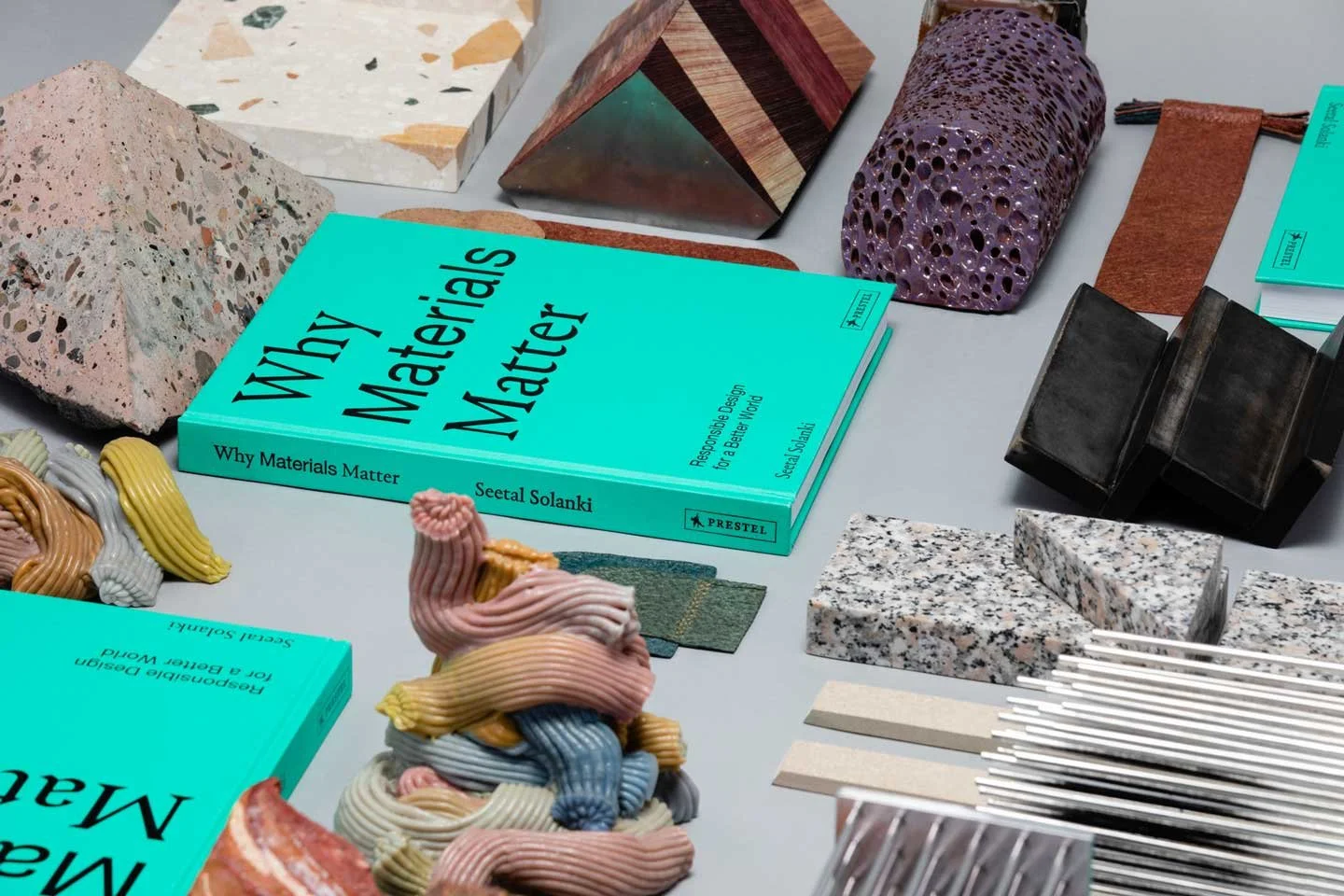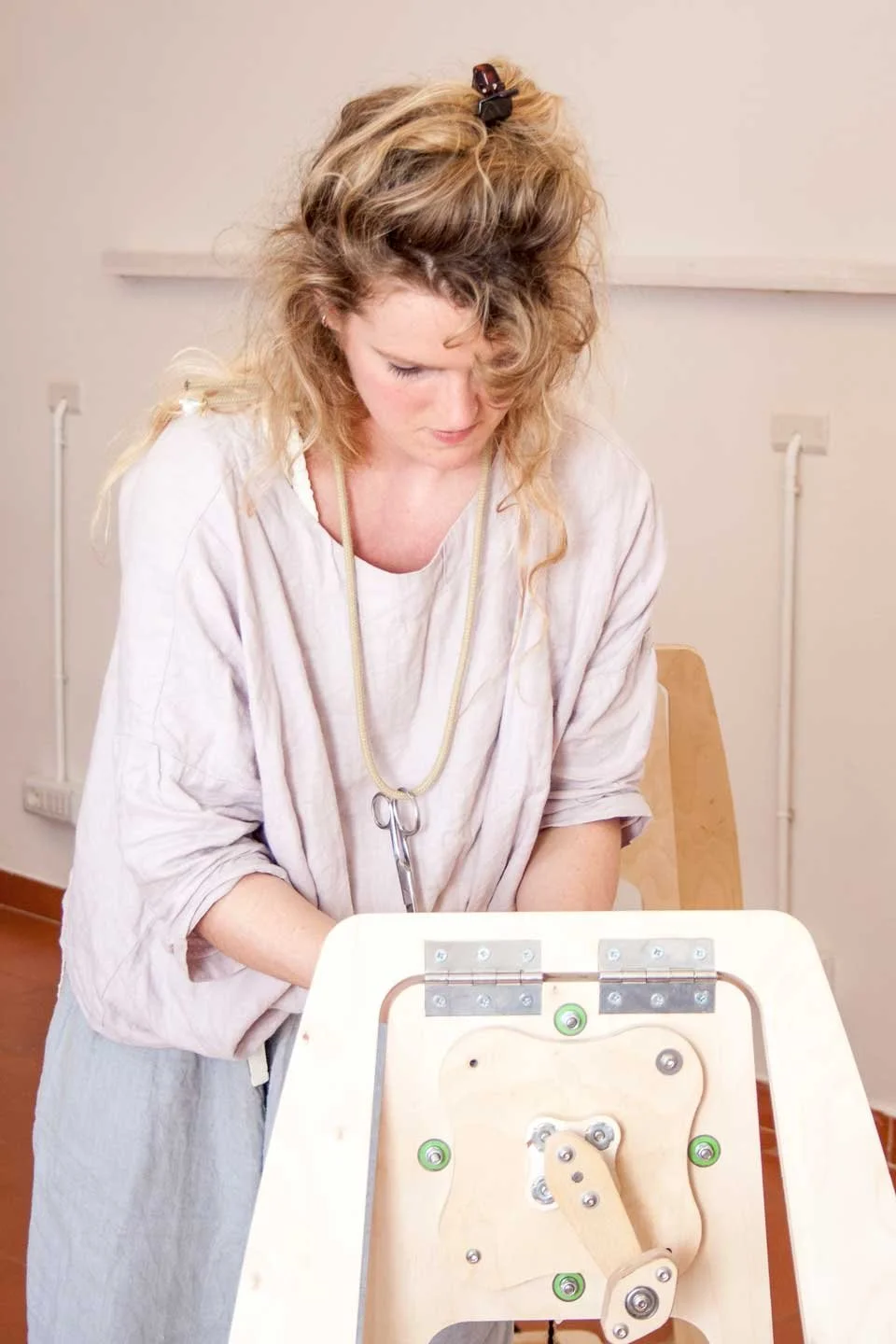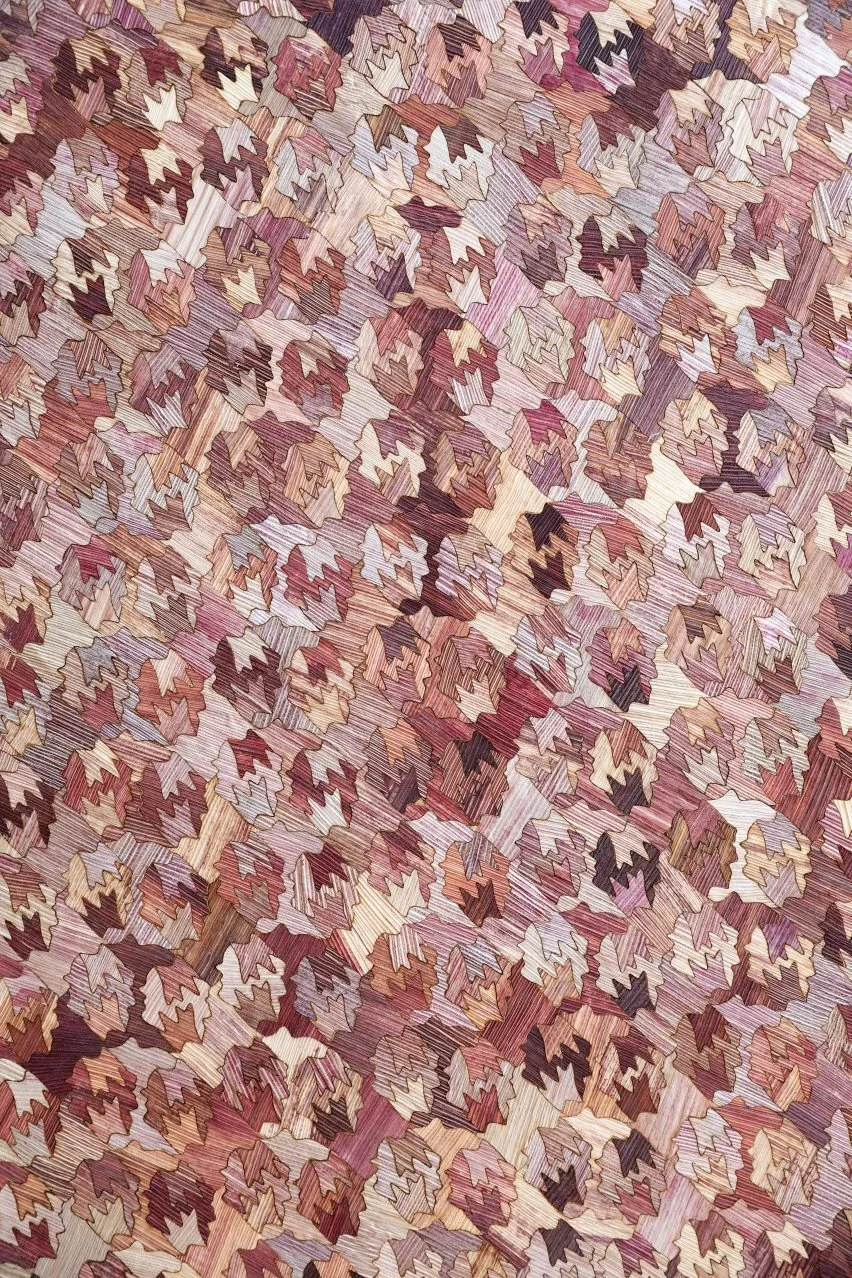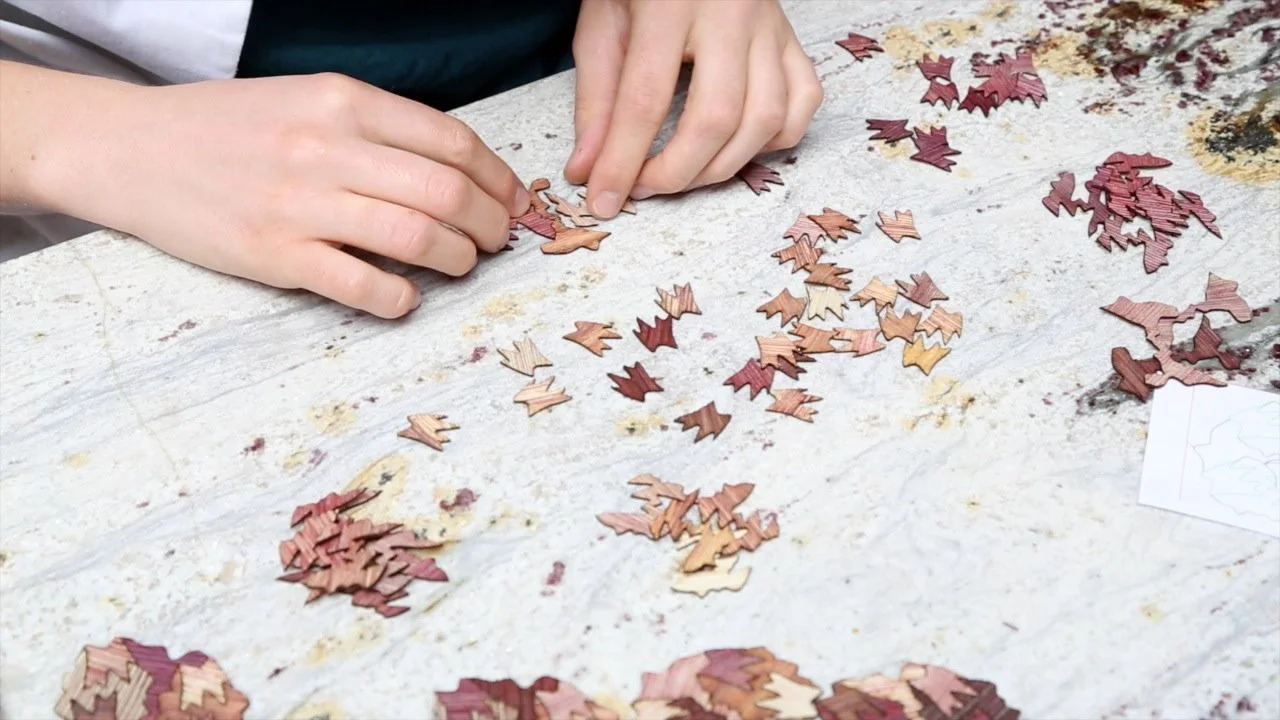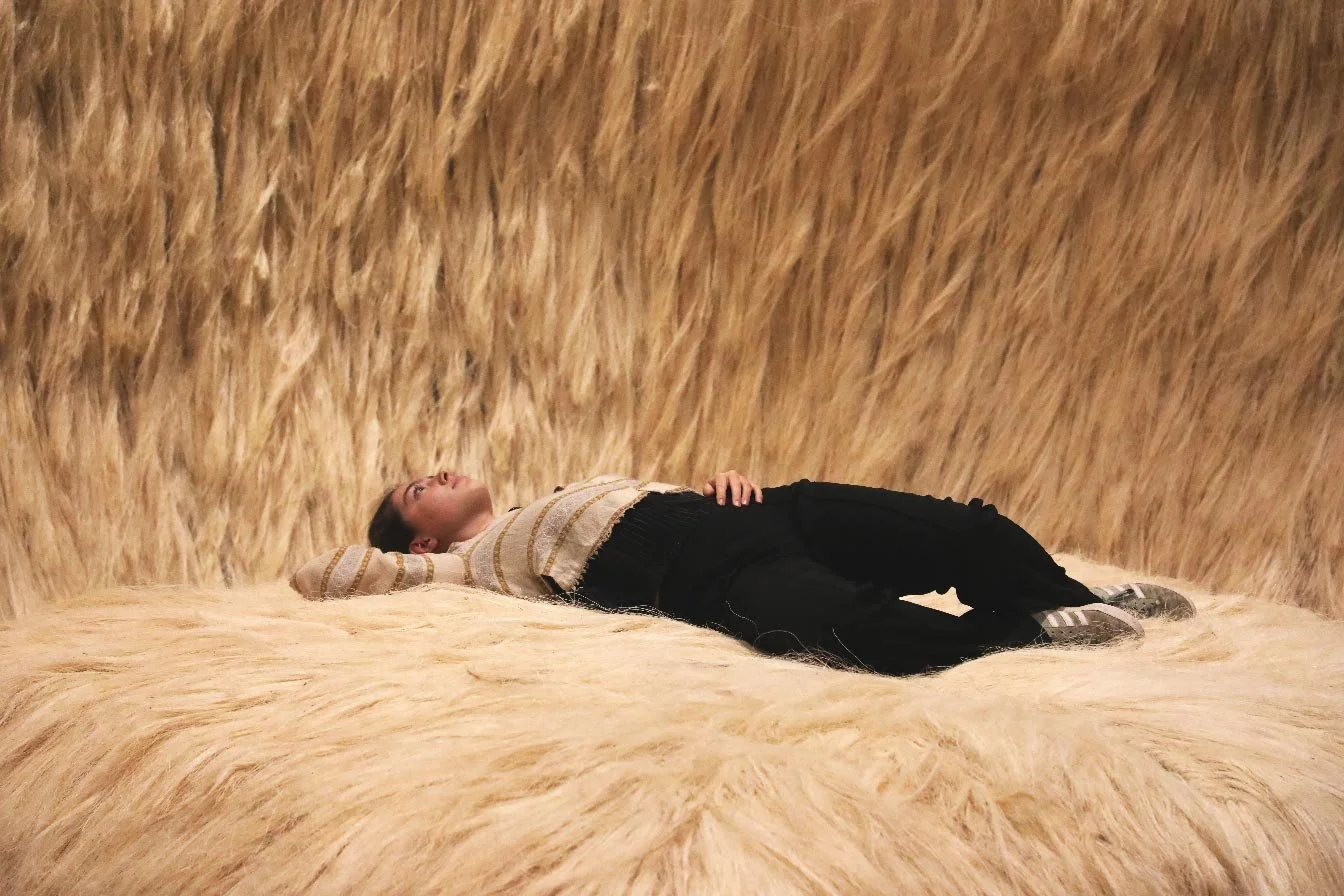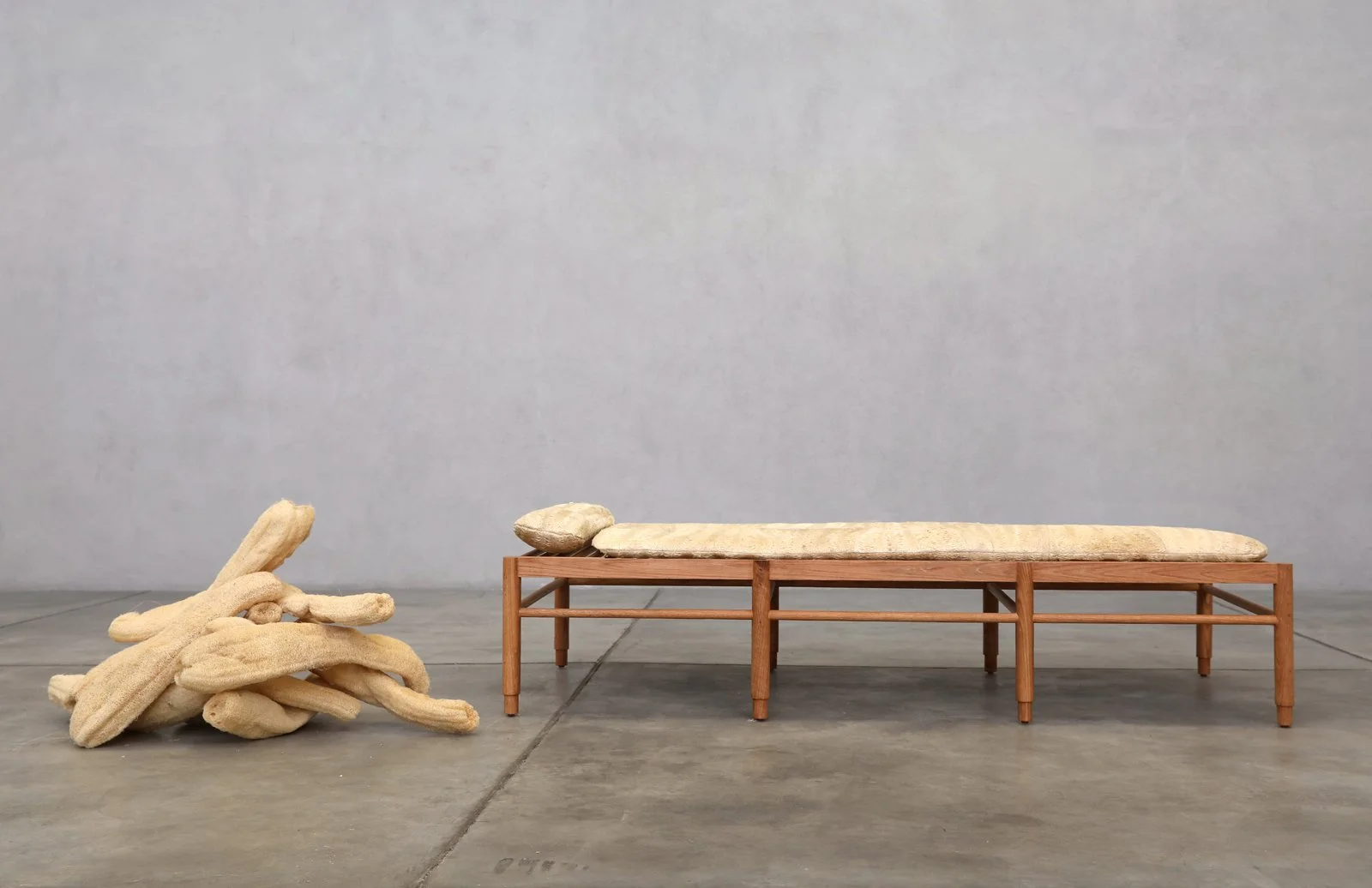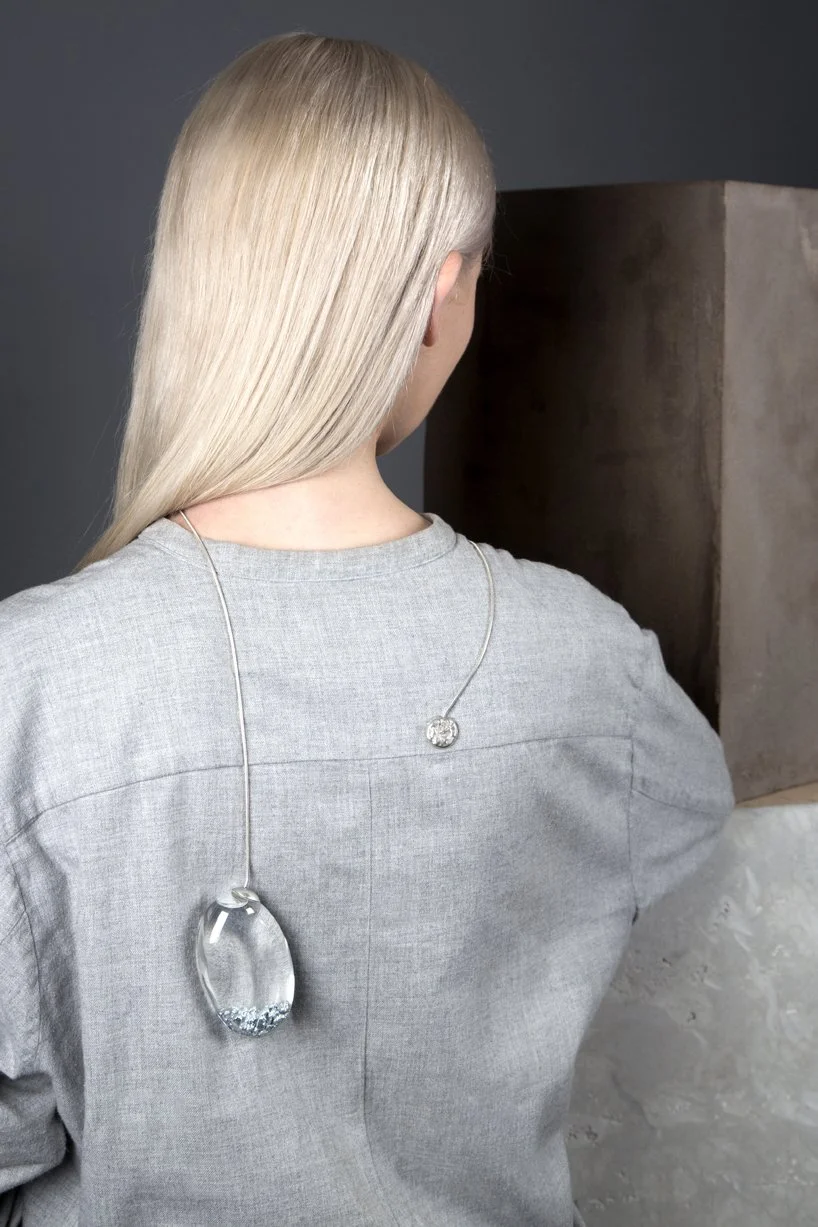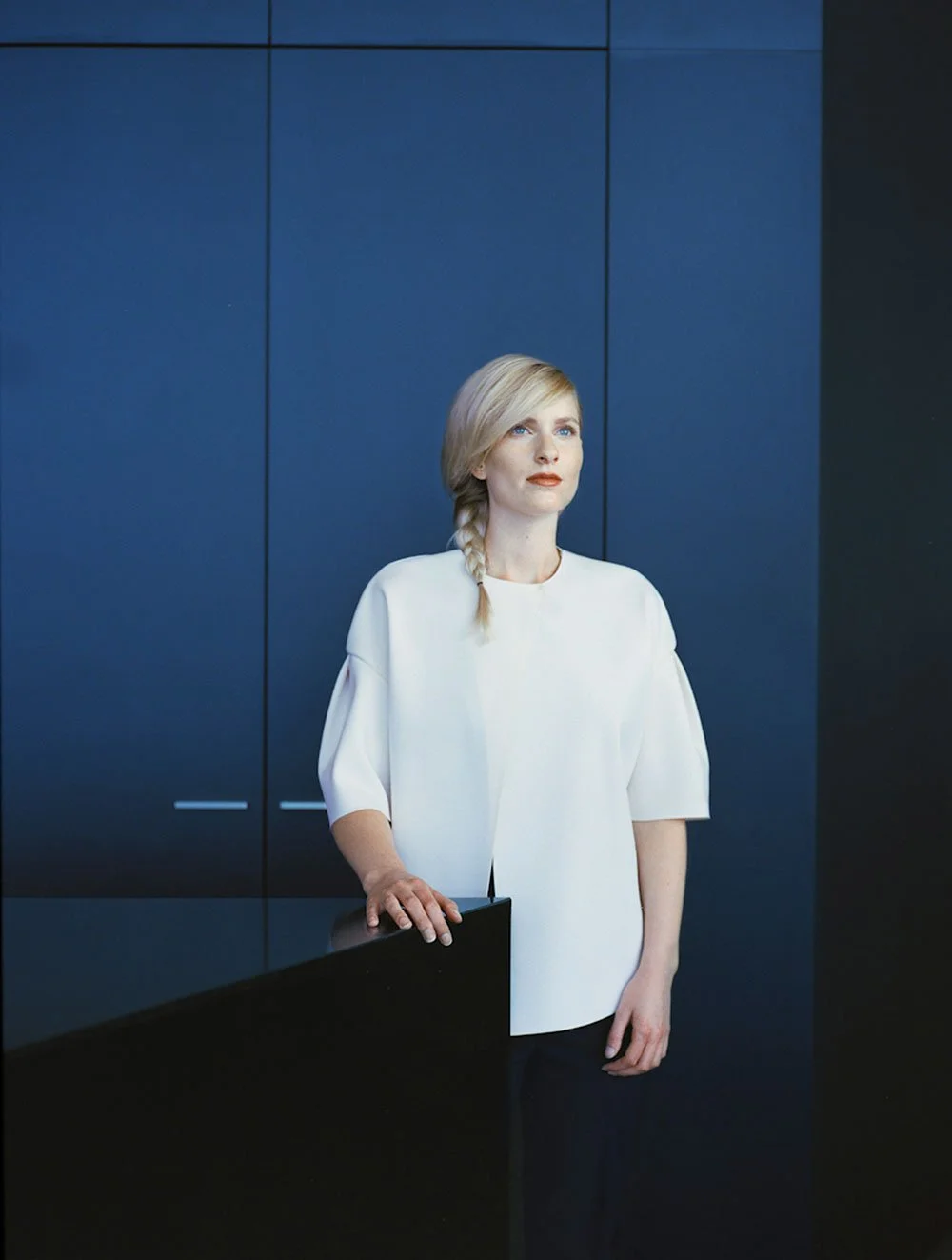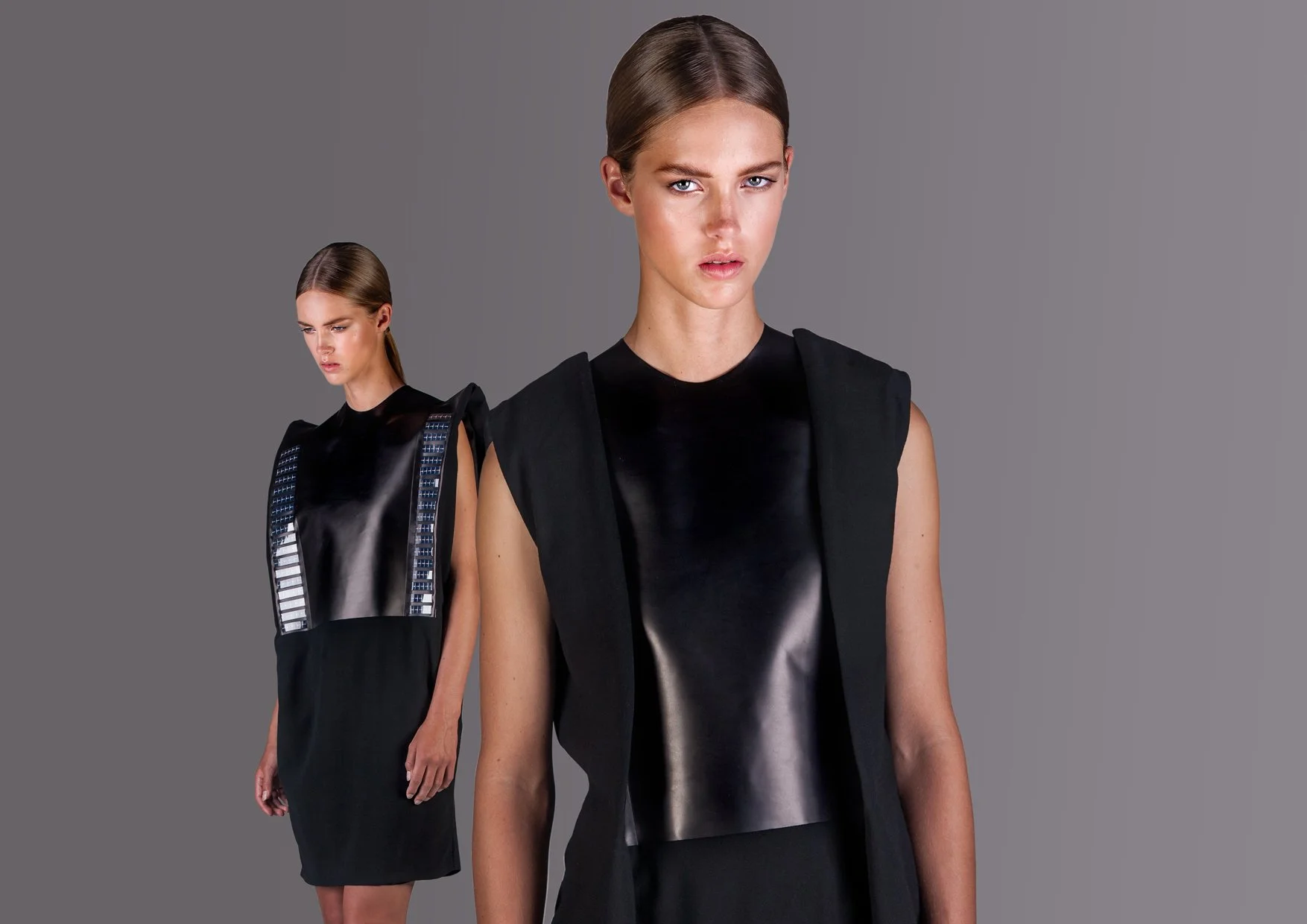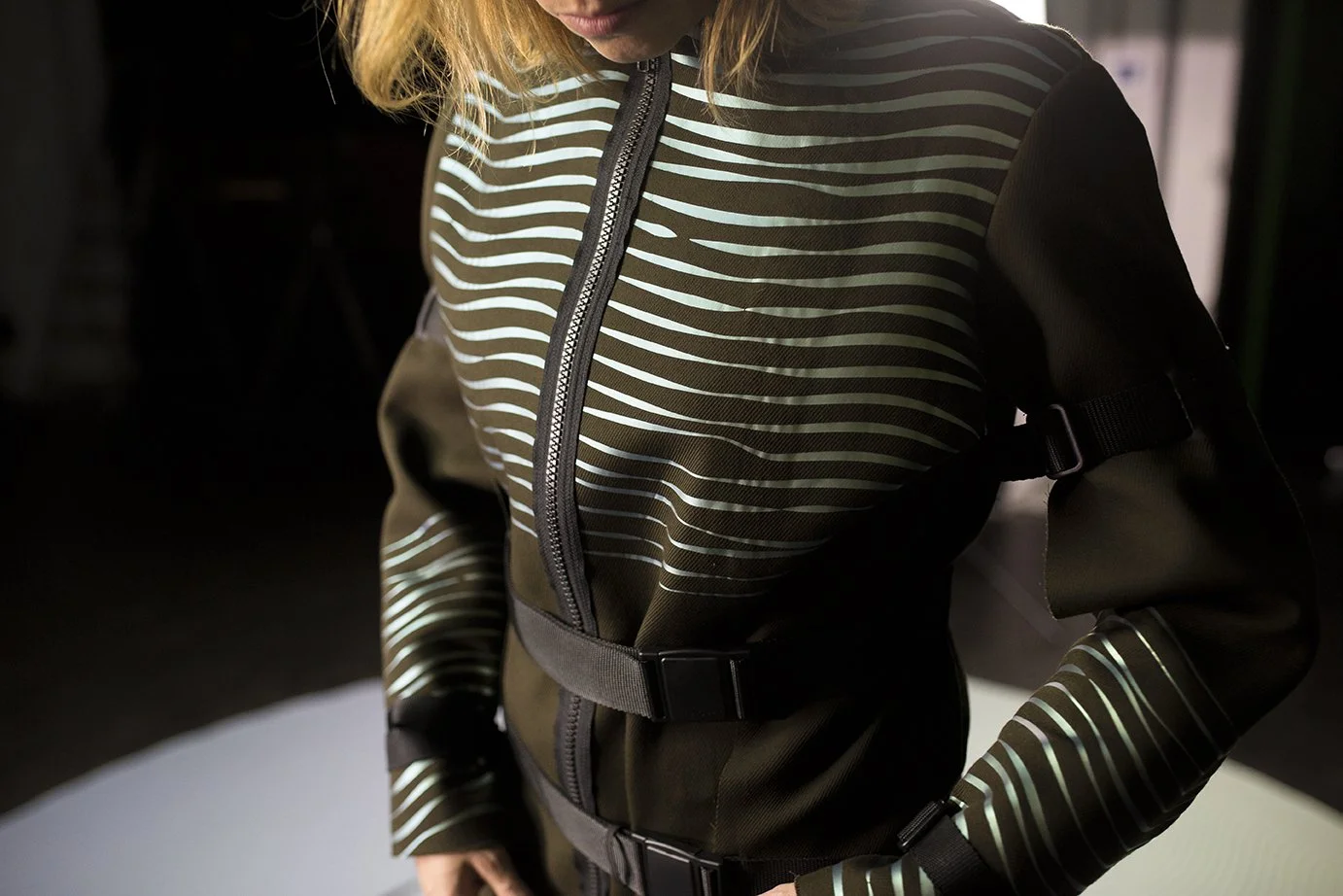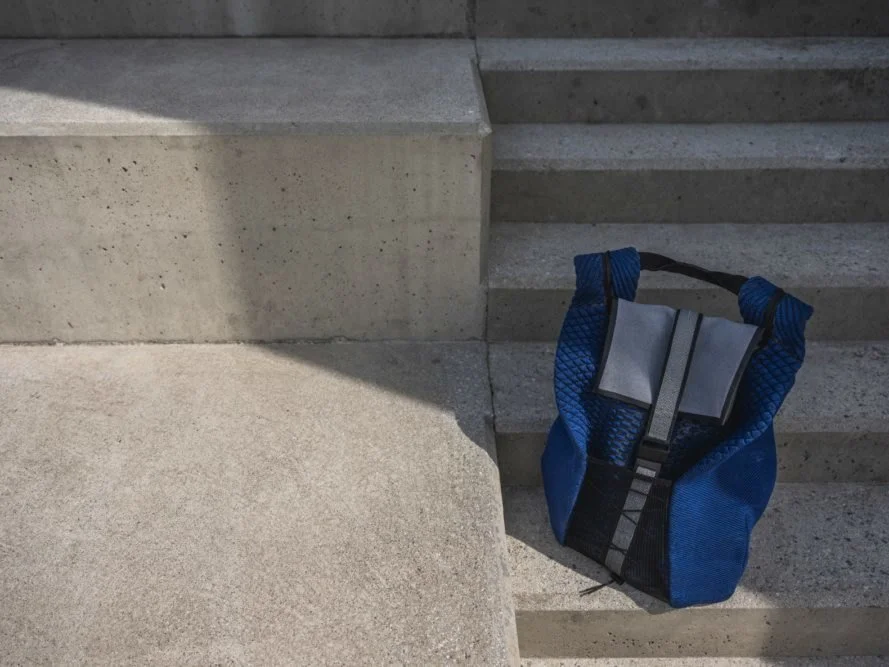 Image 1 of 15
Image 1 of 15

 Image 2 of 15
Image 2 of 15

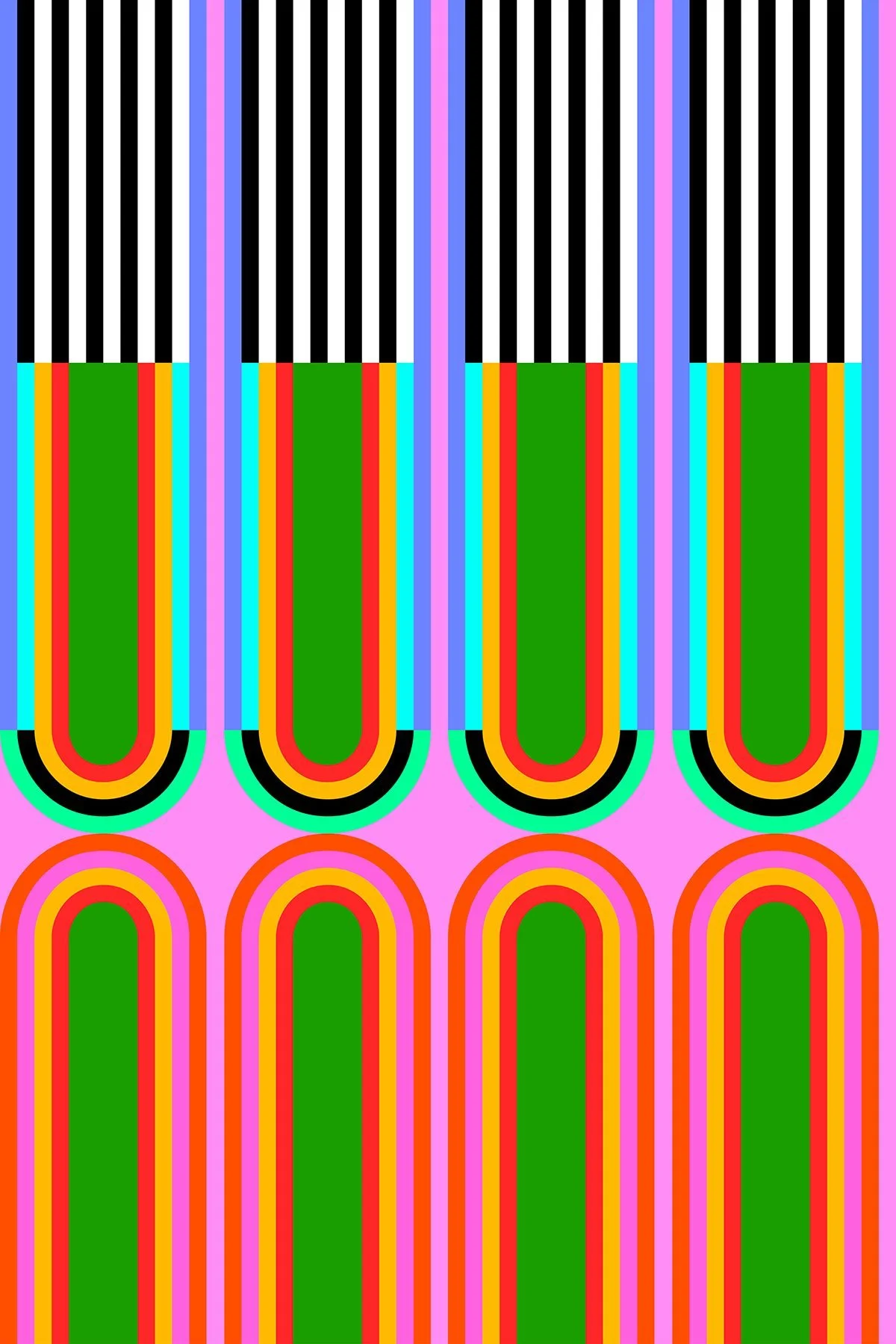 Image 3 of 15
Image 3 of 15

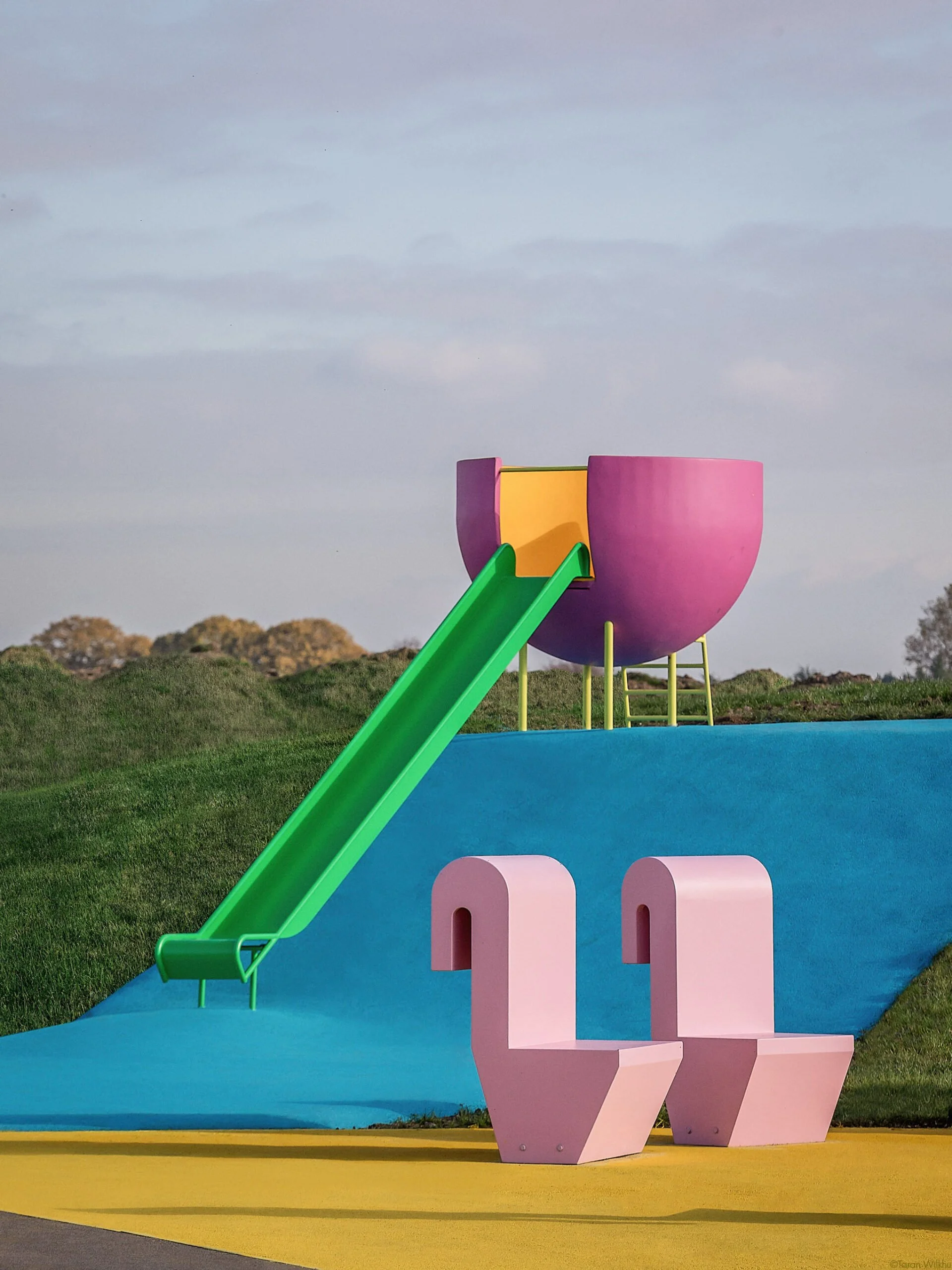 Image 4 of 15
Image 4 of 15

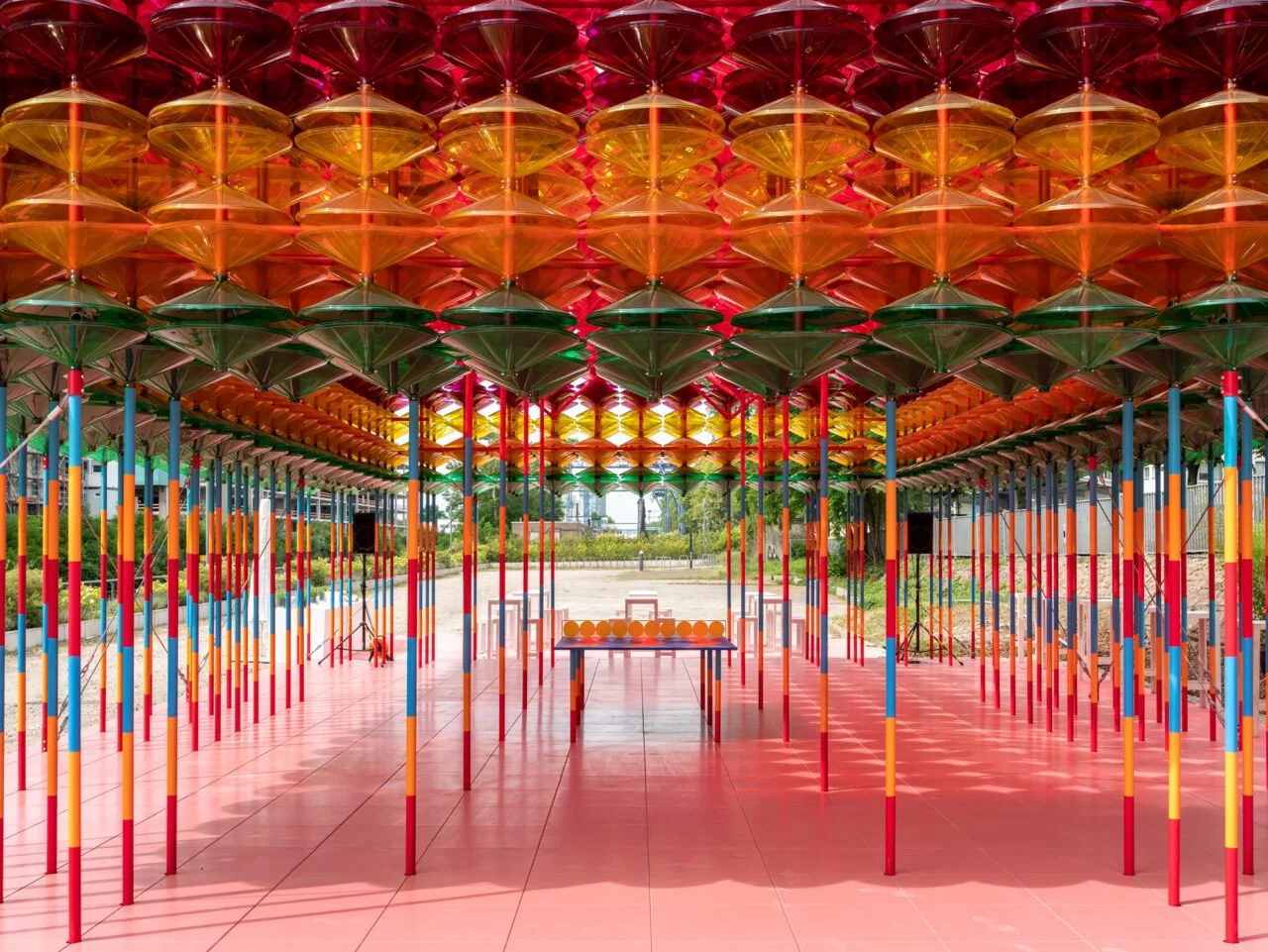 Image 5 of 15
Image 5 of 15

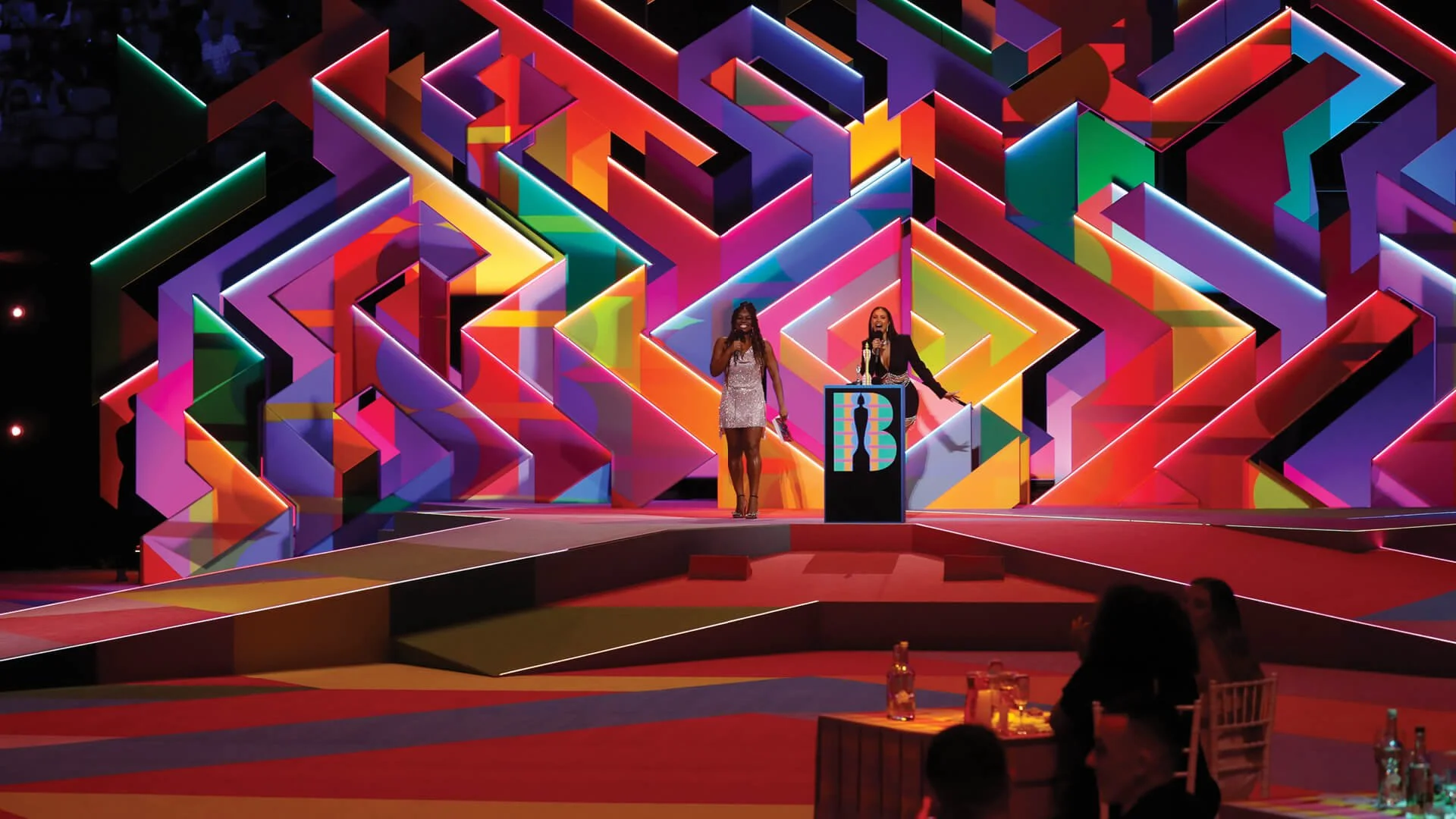 Image 6 of 15
Image 6 of 15

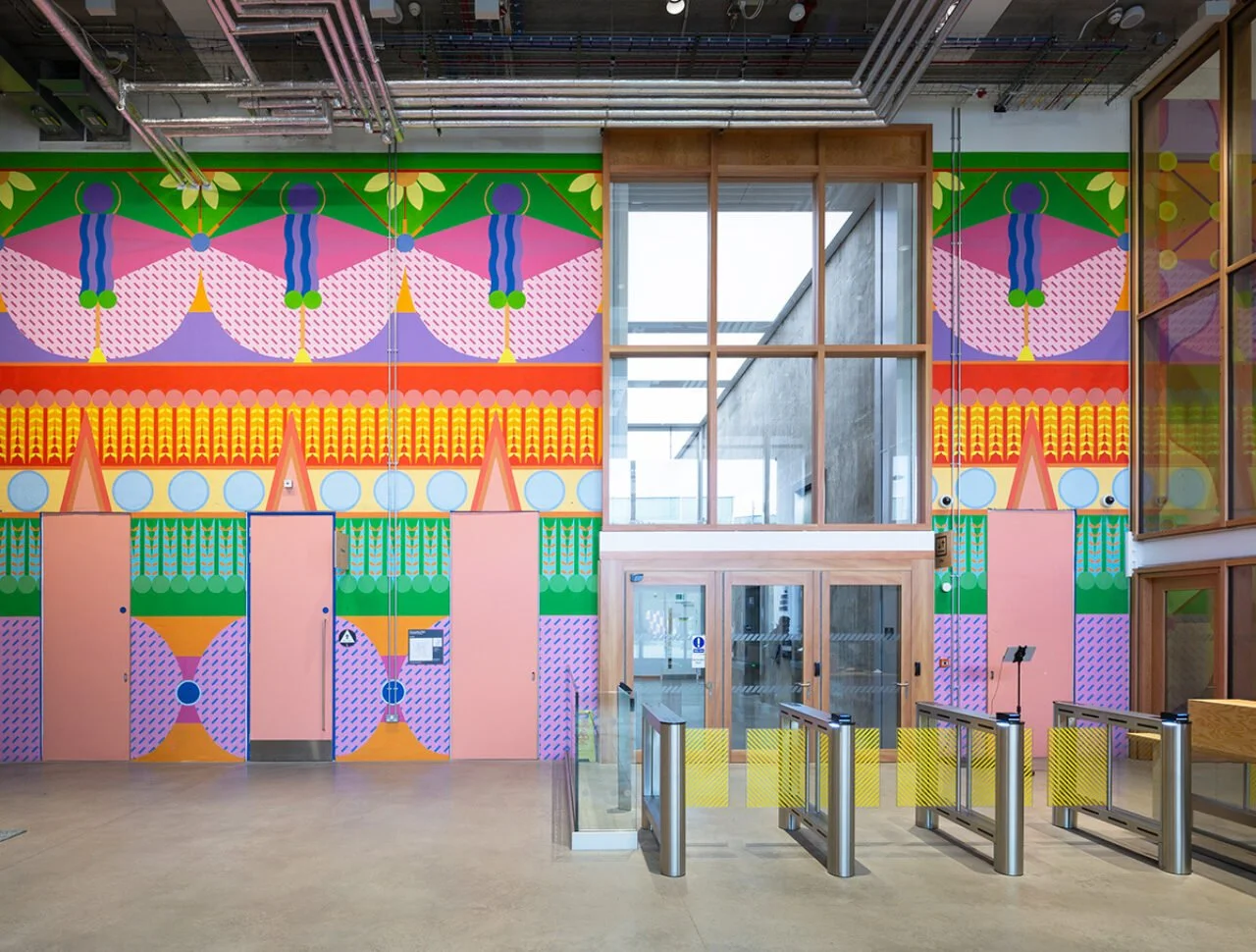 Image 7 of 15
Image 7 of 15

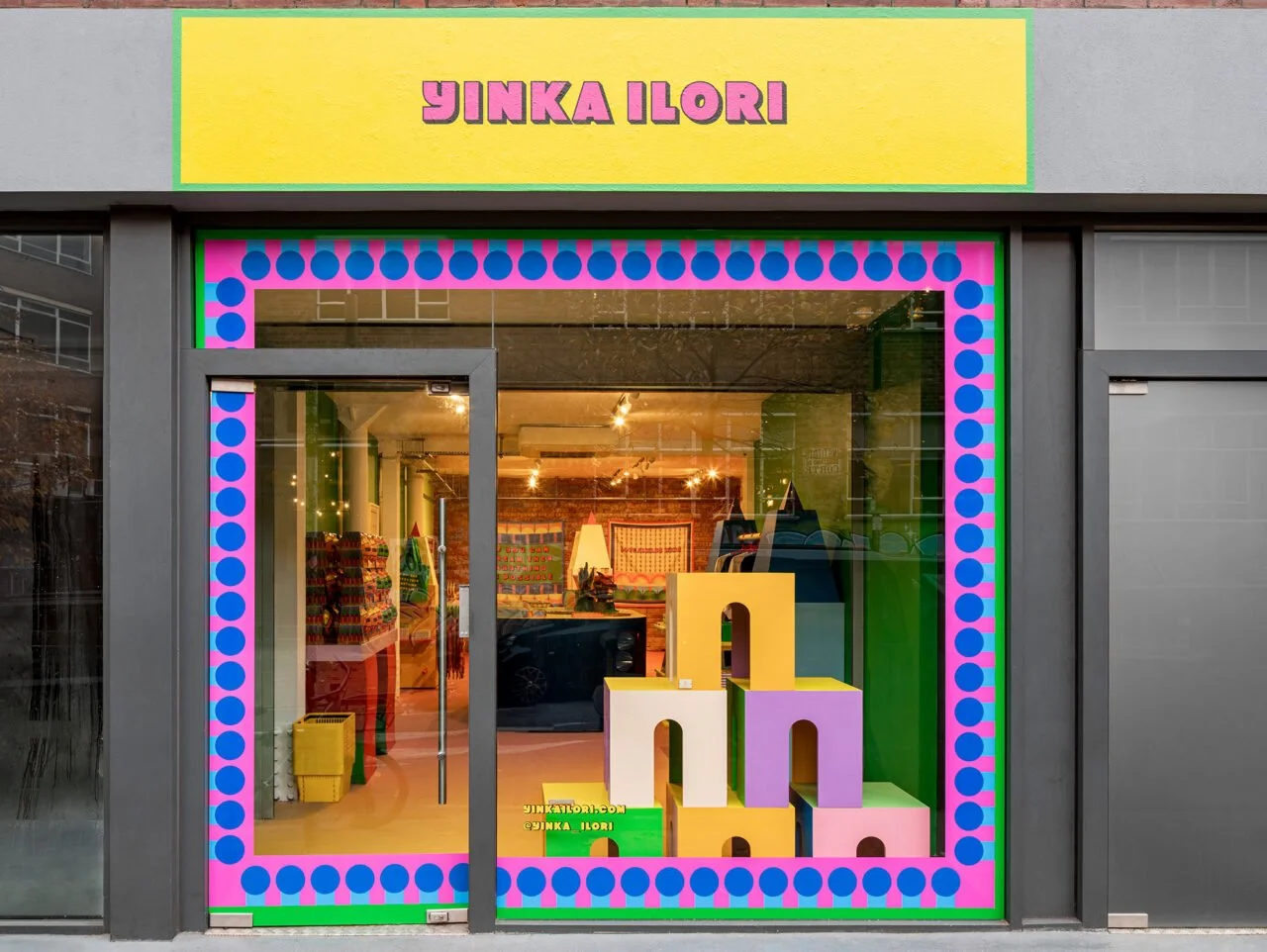 Image 8 of 15
Image 8 of 15

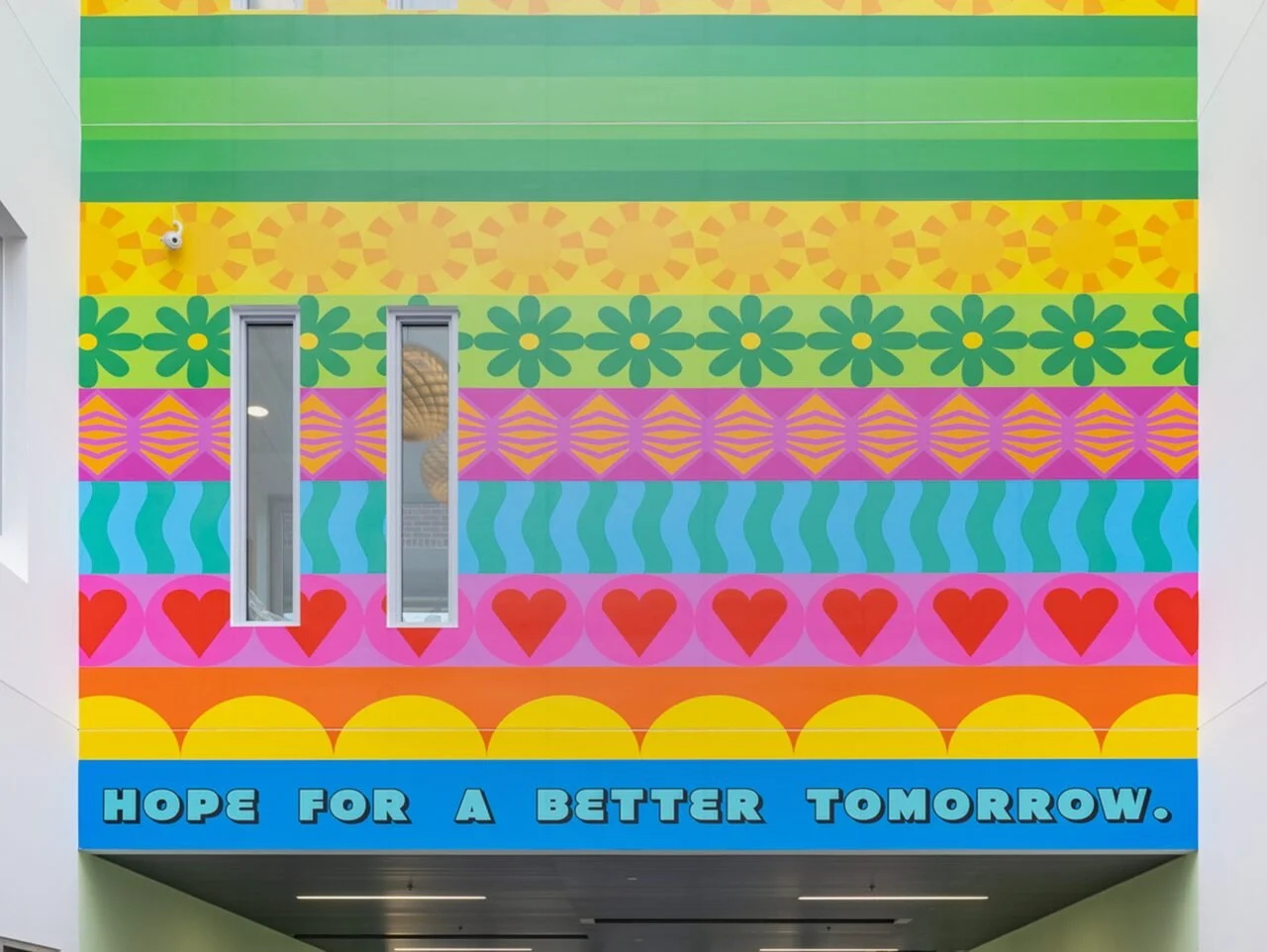 Image 9 of 15
Image 9 of 15

 Image 10 of 15
Image 10 of 15

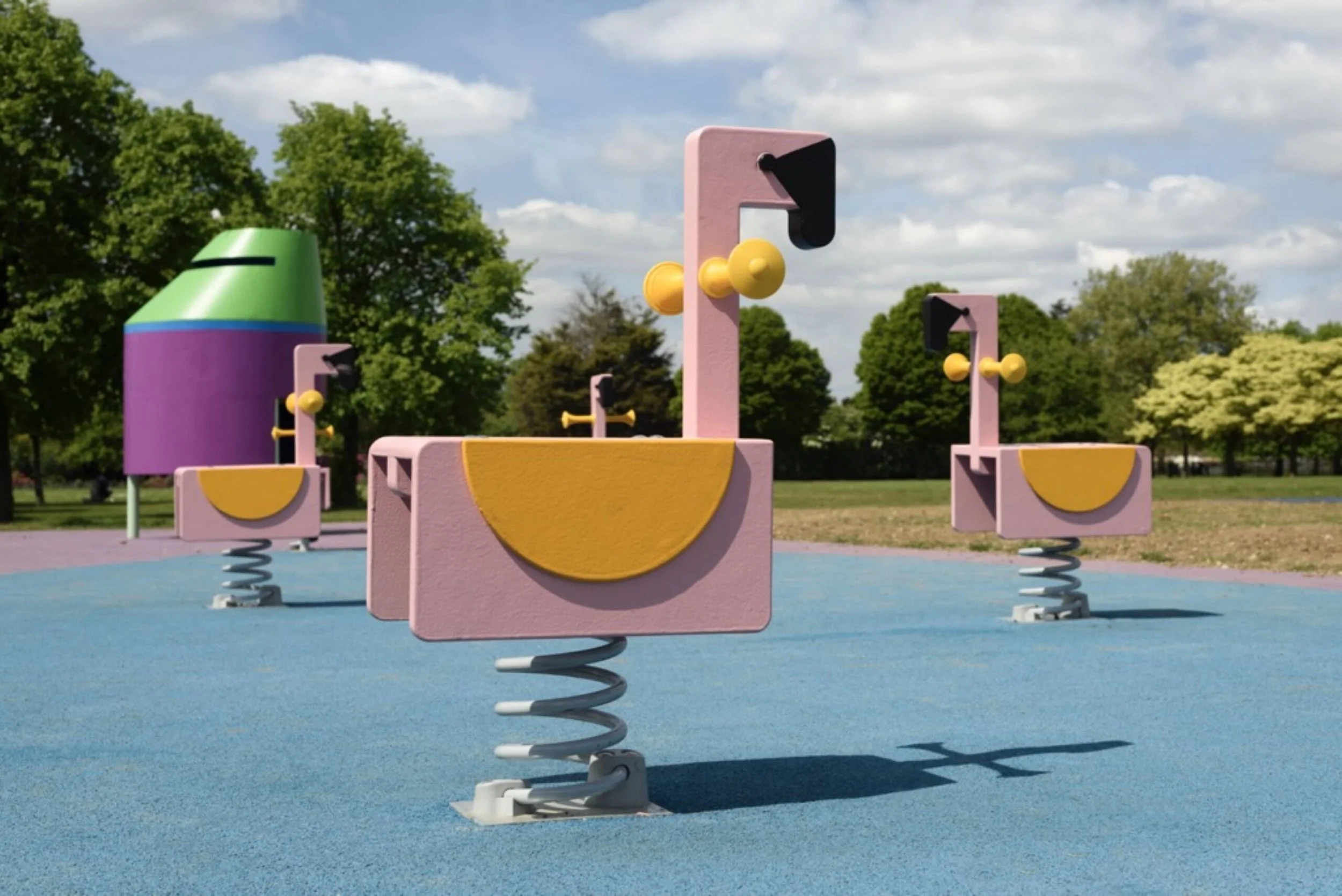 Image 11 of 15
Image 11 of 15

 Image 12 of 15
Image 12 of 15

 Image 13 of 15
Image 13 of 15

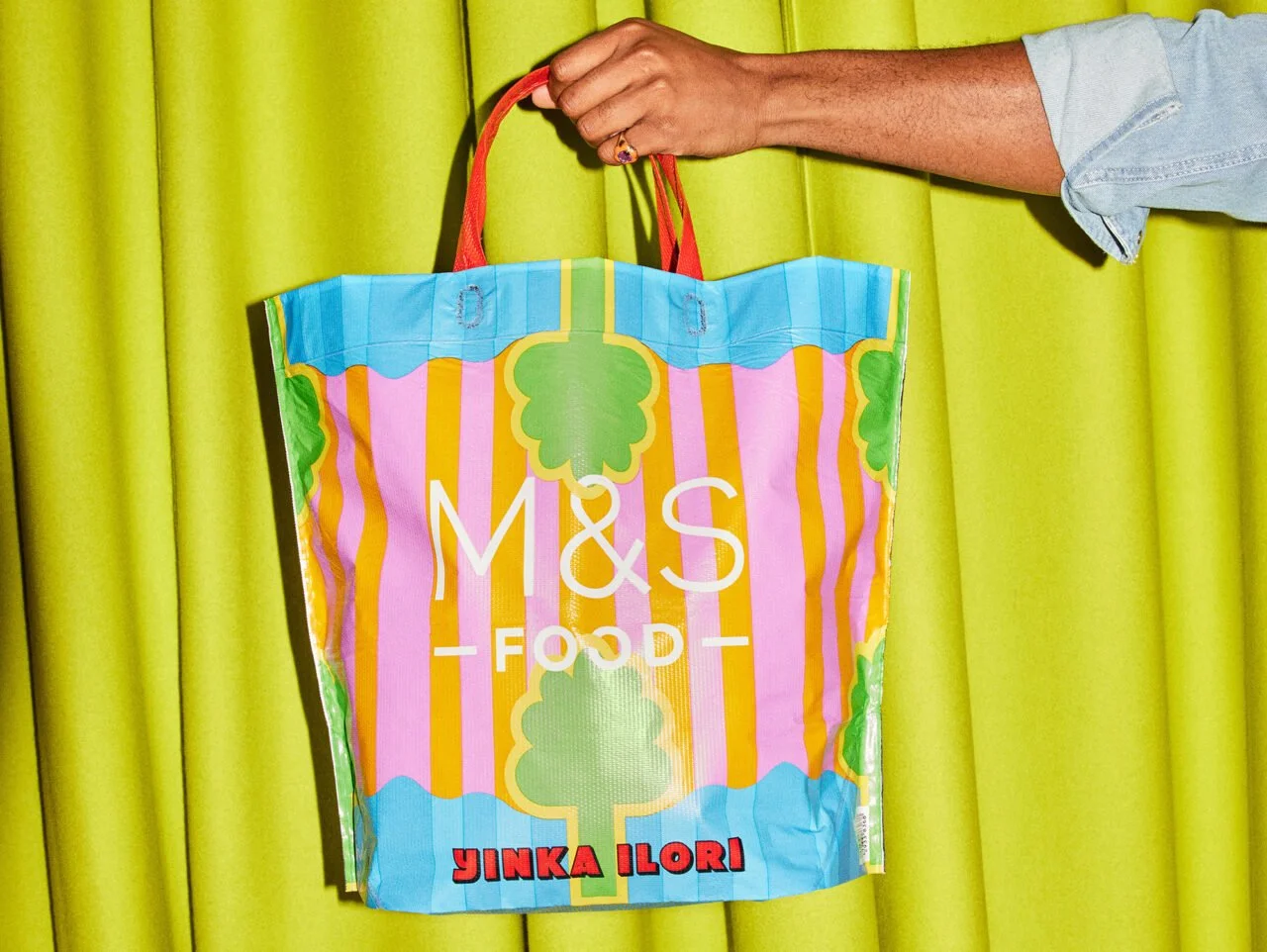 Image 14 of 15
Image 14 of 15

 Image 15 of 15
Image 15 of 15
















Yinka Ilori Studio are colour-obsessed artists and designers
Yinka Ilori Studio, founded by British-Nigerian artist and designer Yinka Ilori in 2017, is a multidisciplinary design practice based in London. The studio was established with the mission to create bold, colorful designs that draw on Ilori's dual heritage and convey new narratives through contemporary design. Yinka Ilori Studio's current mission focuses on creating accessible art and design that brings communities together and has a positive impact on society. Core values include sustainability, cultural storytelling, and social responsibility, with a purpose to redefine the relationship between design, community, and the environment.
Location
Headquarters: London, United Kingdom.
Primary manufacturing/operations locations: Various locations based on project requirements.
The Circular Vision
Core circular economy principles: Upcycling discarded materials, designing for longevity, and creating products that tell stories and foster emotional connections.
Key innovations: Development of furniture pieces and installations that repurpose discarded materials, such as the "If Chairs Could Talk" collection, which transforms abandoned chairs into sculptural pieces with cultural narratives.
Prioritization of local sourcing and closed-loop supply chains: Emphasis on using locally sourced, discarded materials and sustainable production methods to minimize environmental impact and support local communities.
Pioneering Solutions
Flagship projects: "If Chairs Could Talk" furniture collection, large-scale public installations, and architectural projects that incorporate upcycled materials and sustainable design principles.
Unique value propositions: High-quality, vibrant design solutions that prioritize circularity, cultural storytelling, and community engagement. Yinka Ilori Studio's work is known for its ability to transform discarded objects into meaningful, joyful pieces that connect with diverse audiences.
The Regenerative Future
R&D focus areas: Advancing upcycling techniques, exploring new applications for discarded materials in public spaces and architecture, and developing design solutions that further promote community engagement and cultural exchange.
Ambitious goals: To lead the design industry in sustainable practices, create zero-waste public installations, and inspire a shift towards a regenerative approach to urban design and community spaces.
Fact Sheet
Commercial Availability: Design services and products available through direct collaborations, exhibitions, and select retailers.
Circularity Rating: 4/5 (Strong focus on upcycling and sustainable design principles).
Key Certifications: Information not available.
Cost Rating: 4/5 (Competitive with high-end design services, with significant value in sustainability and cultural impact).
Material Passport: Detailed information on material origins, often incorporating upcycled and locally sourced materials.
Designed for Disassembly: Information not explicitly provided, but emphasis on upcycling suggests potential for future material reuse.
Carbon Performance: Focus on reducing carbon footprint through the use of discarded materials and local production. Committed to minimizing environmental impact through creative reuse of existing resources.
Key Takeaway
Yinka Ilori Studio transforms the design industry through innovative, culturally rich solutions that prioritize circular economy principles, setting a benchmark for upcycling, community engagement, and storytelling in contemporary design.
Explore Further
Yinka Ilori Studio website: https://yinkailori.com
About: https://yinkailori.com/about
Example project: Reflection in Numbers
Yinka Ilori Studio, founded by British-Nigerian artist and designer Yinka Ilori in 2017, is a multidisciplinary design practice based in London. The studio was established with the mission to create bold, colorful designs that draw on Ilori's dual heritage and convey new narratives through contemporary design. Yinka Ilori Studio's current mission focuses on creating accessible art and design that brings communities together and has a positive impact on society. Core values include sustainability, cultural storytelling, and social responsibility, with a purpose to redefine the relationship between design, community, and the environment.
Location
Headquarters: London, United Kingdom.
Primary manufacturing/operations locations: Various locations based on project requirements.
The Circular Vision
Core circular economy principles: Upcycling discarded materials, designing for longevity, and creating products that tell stories and foster emotional connections.
Key innovations: Development of furniture pieces and installations that repurpose discarded materials, such as the "If Chairs Could Talk" collection, which transforms abandoned chairs into sculptural pieces with cultural narratives.
Prioritization of local sourcing and closed-loop supply chains: Emphasis on using locally sourced, discarded materials and sustainable production methods to minimize environmental impact and support local communities.
Pioneering Solutions
Flagship projects: "If Chairs Could Talk" furniture collection, large-scale public installations, and architectural projects that incorporate upcycled materials and sustainable design principles.
Unique value propositions: High-quality, vibrant design solutions that prioritize circularity, cultural storytelling, and community engagement. Yinka Ilori Studio's work is known for its ability to transform discarded objects into meaningful, joyful pieces that connect with diverse audiences.
The Regenerative Future
R&D focus areas: Advancing upcycling techniques, exploring new applications for discarded materials in public spaces and architecture, and developing design solutions that further promote community engagement and cultural exchange.
Ambitious goals: To lead the design industry in sustainable practices, create zero-waste public installations, and inspire a shift towards a regenerative approach to urban design and community spaces.
Fact Sheet
Commercial Availability: Design services and products available through direct collaborations, exhibitions, and select retailers.
Circularity Rating: 4/5 (Strong focus on upcycling and sustainable design principles).
Key Certifications: Information not available.
Cost Rating: 4/5 (Competitive with high-end design services, with significant value in sustainability and cultural impact).
Material Passport: Detailed information on material origins, often incorporating upcycled and locally sourced materials.
Designed for Disassembly: Information not explicitly provided, but emphasis on upcycling suggests potential for future material reuse.
Carbon Performance: Focus on reducing carbon footprint through the use of discarded materials and local production. Committed to minimizing environmental impact through creative reuse of existing resources.
Key Takeaway
Yinka Ilori Studio transforms the design industry through innovative, culturally rich solutions that prioritize circular economy principles, setting a benchmark for upcycling, community engagement, and storytelling in contemporary design.
Explore Further
Yinka Ilori Studio website: https://yinkailori.com
About: https://yinkailori.com/about
Example project: Reflection in Numbers



